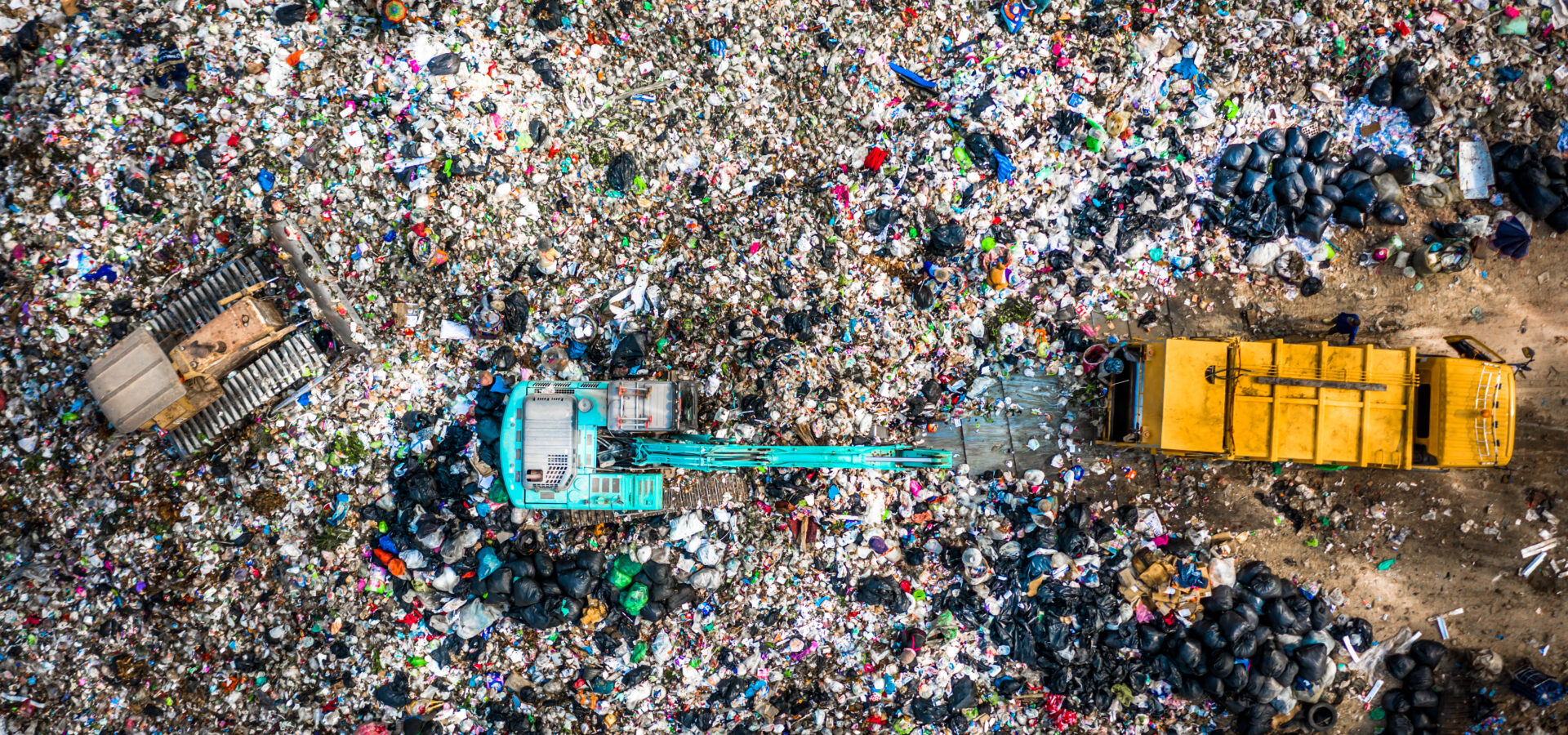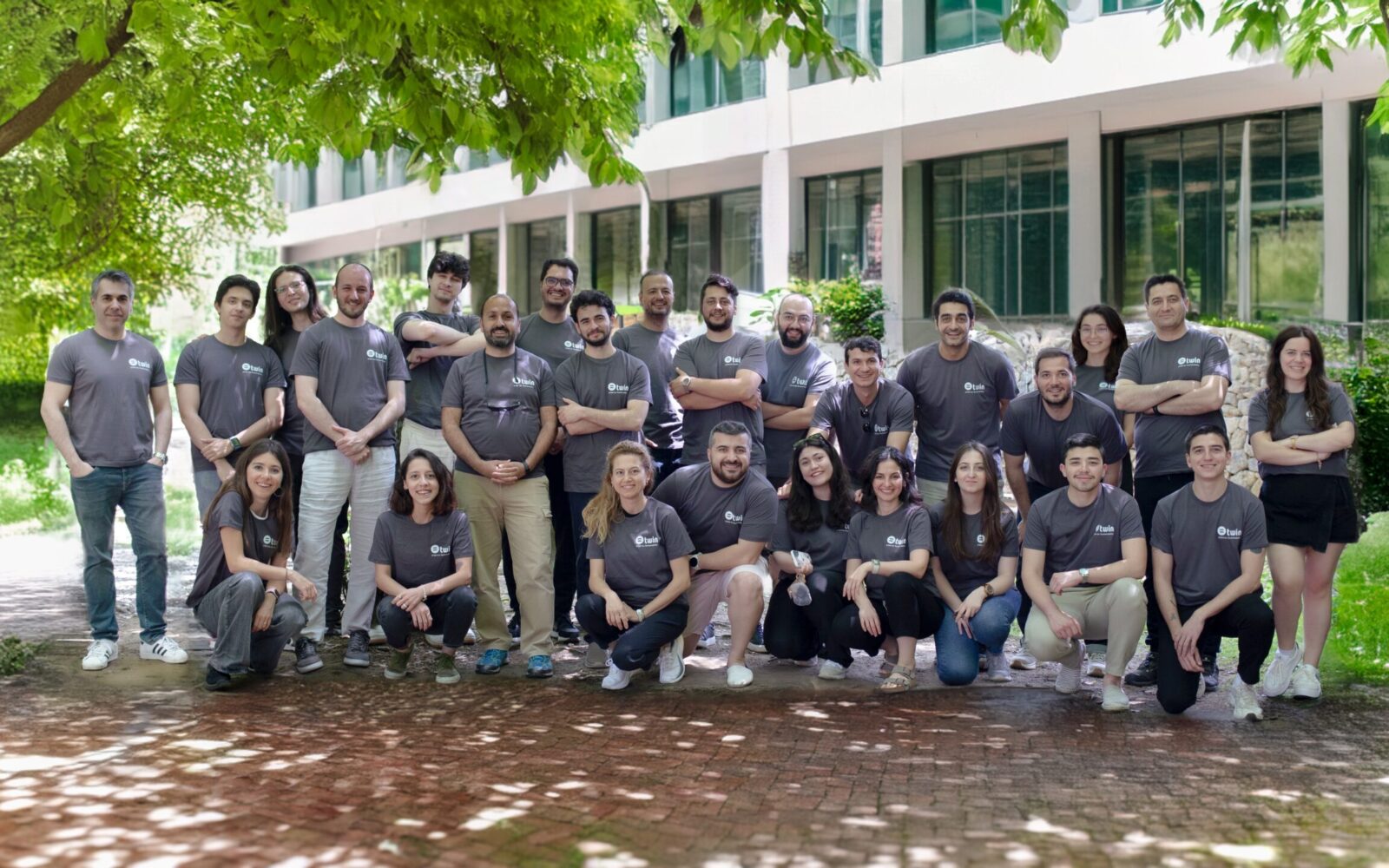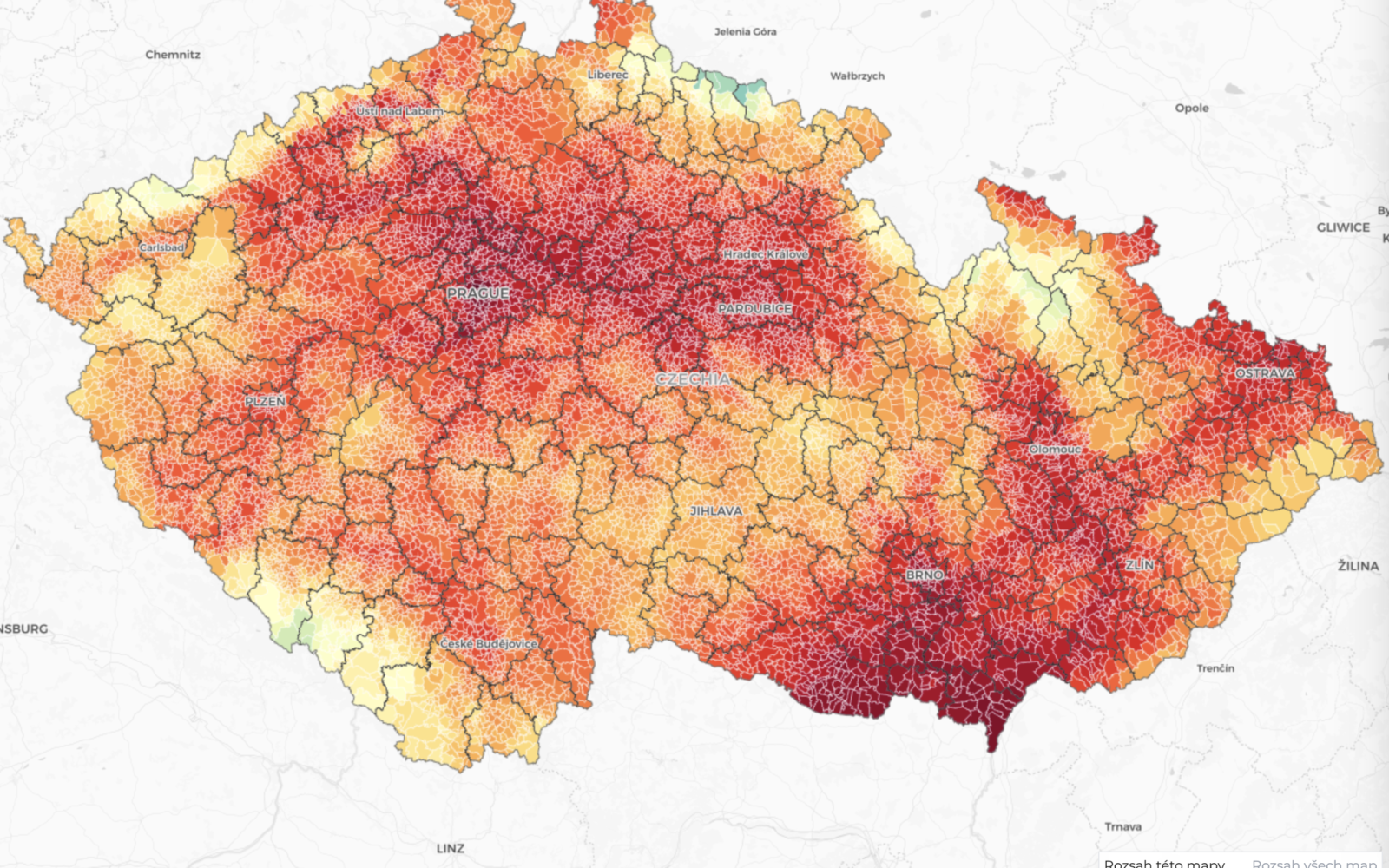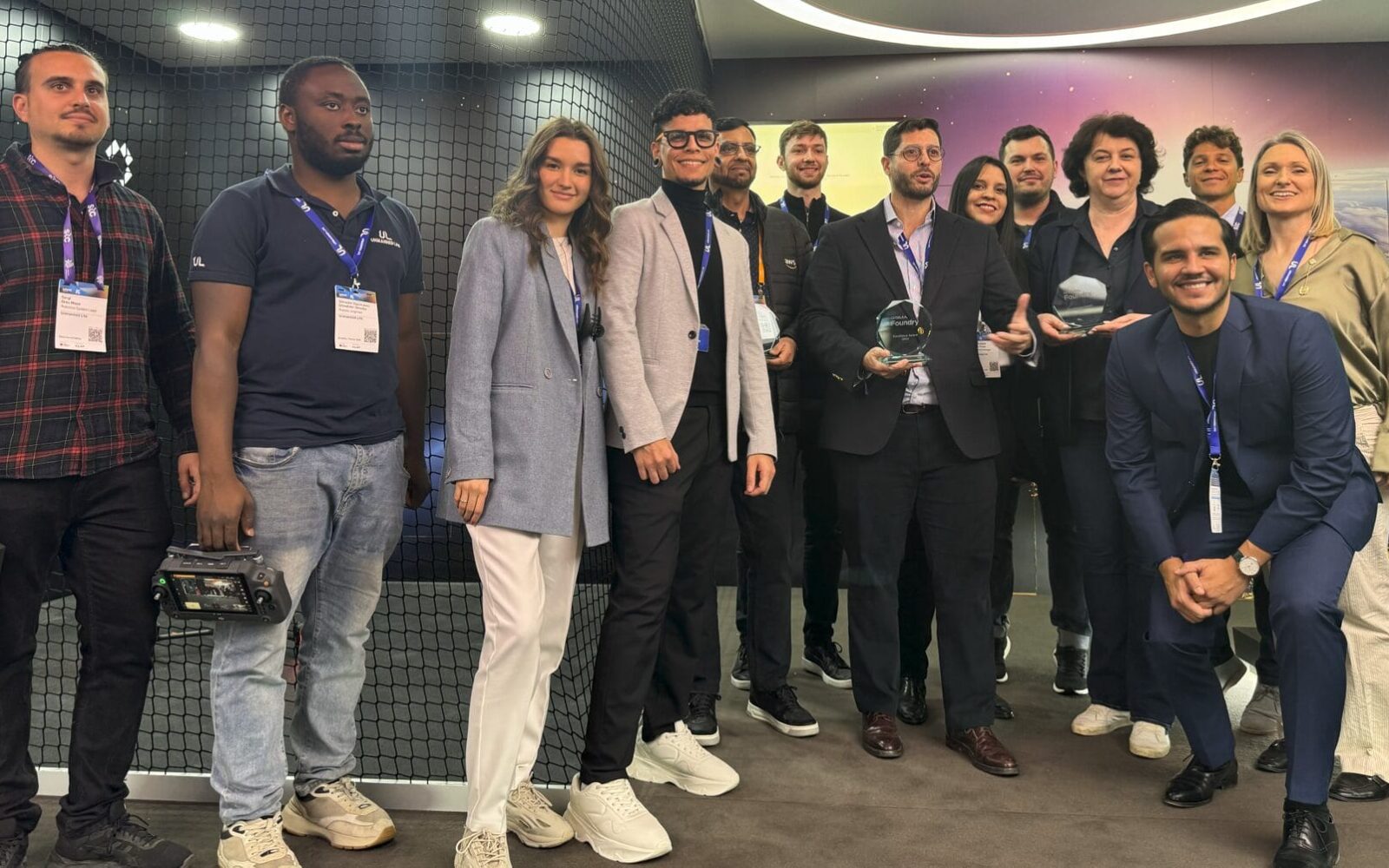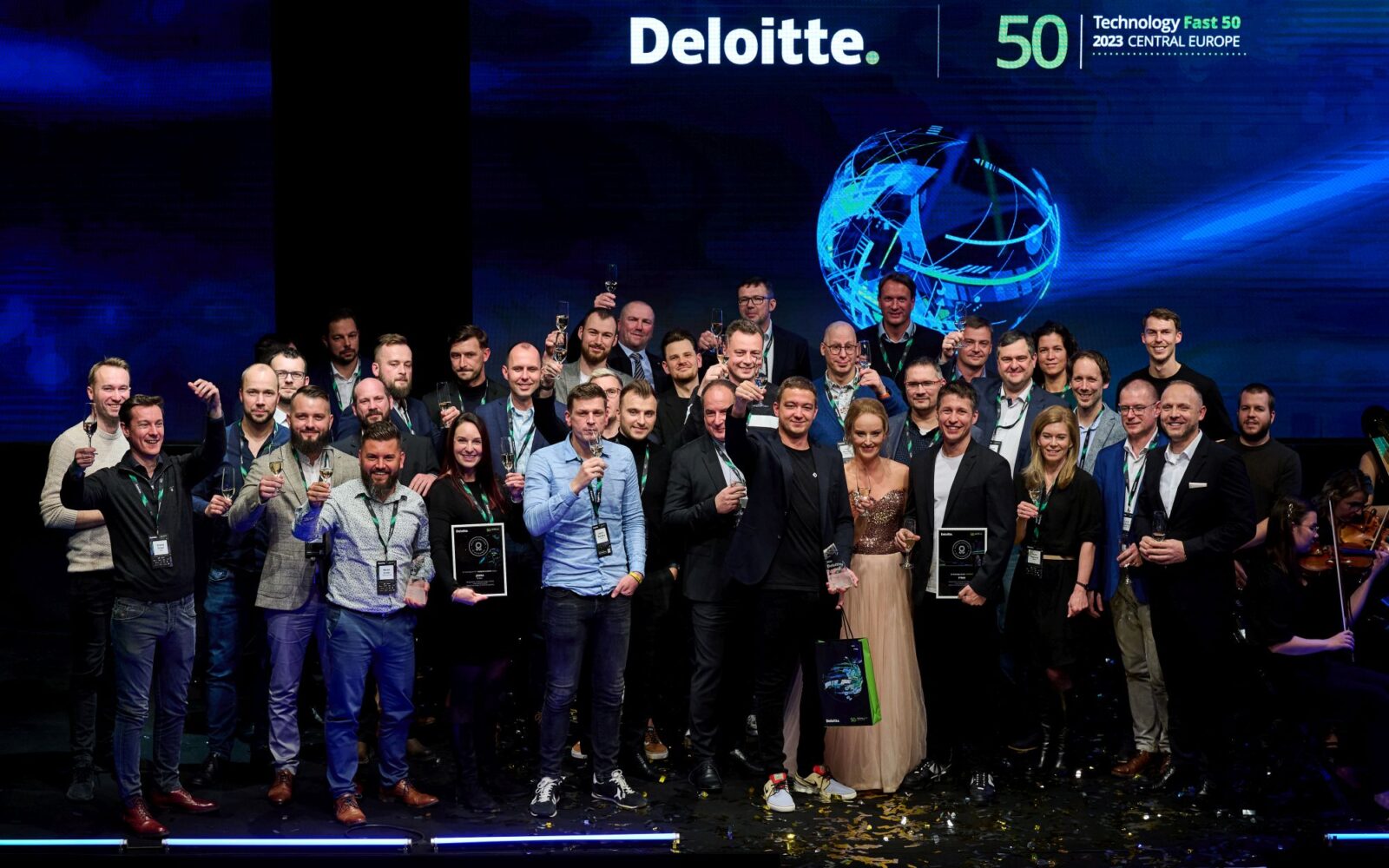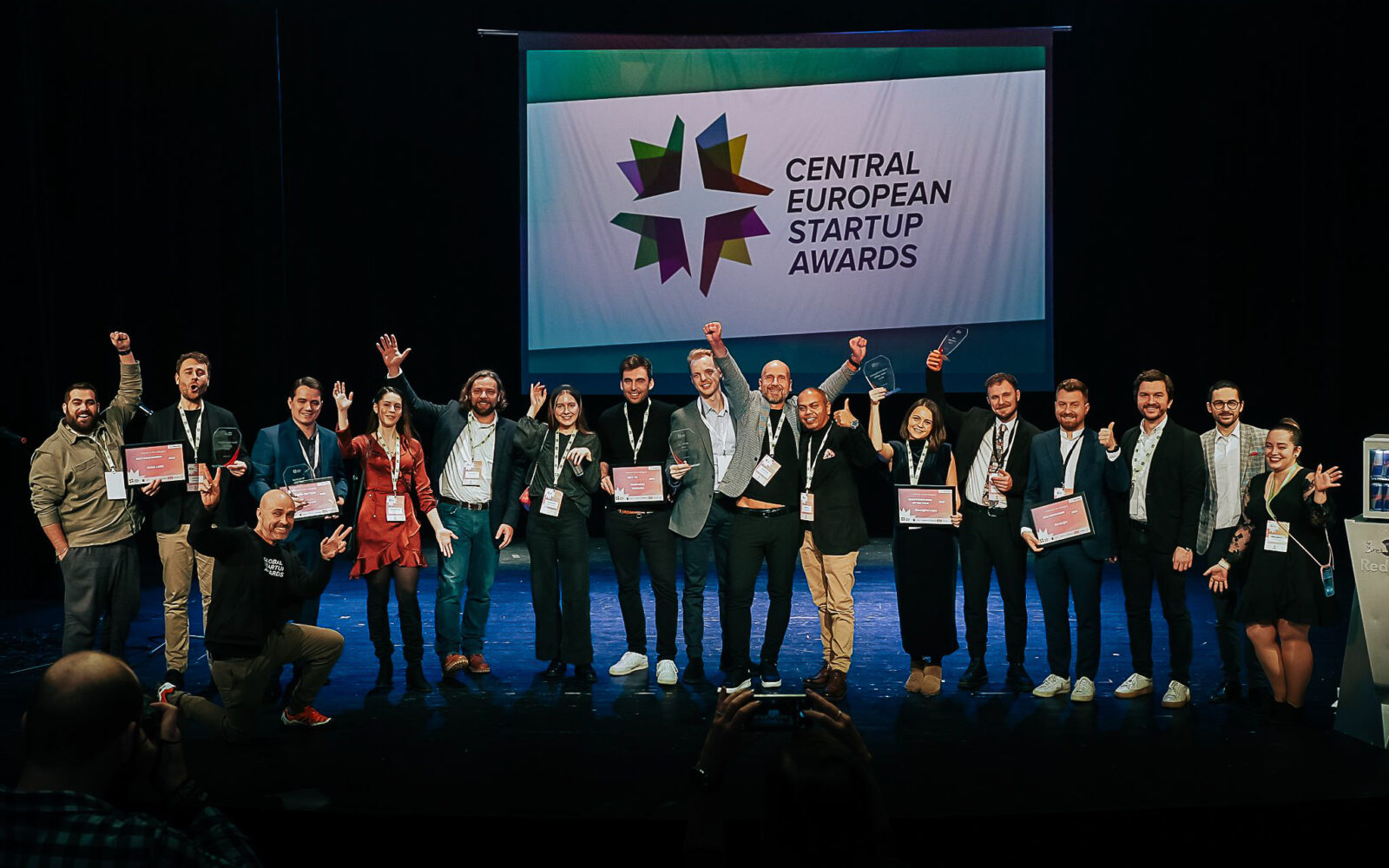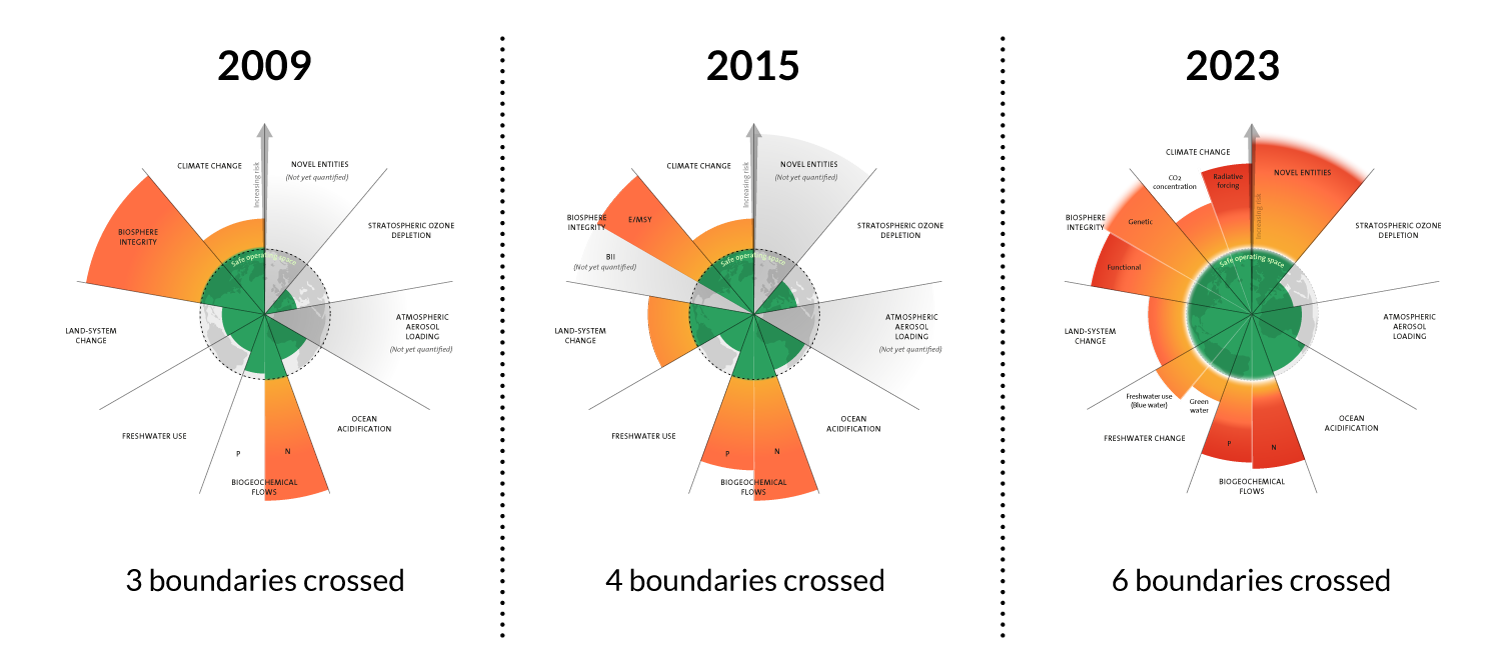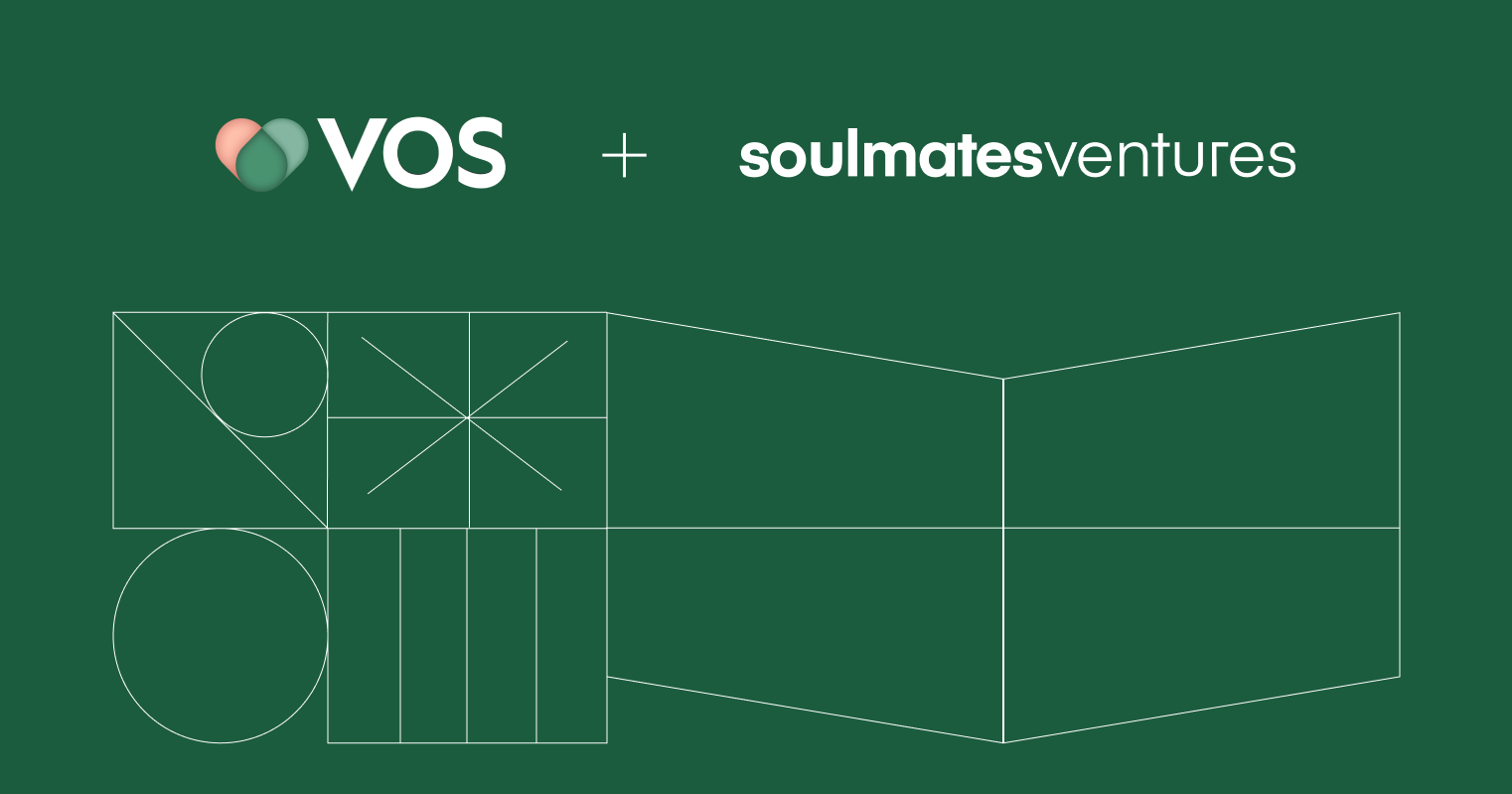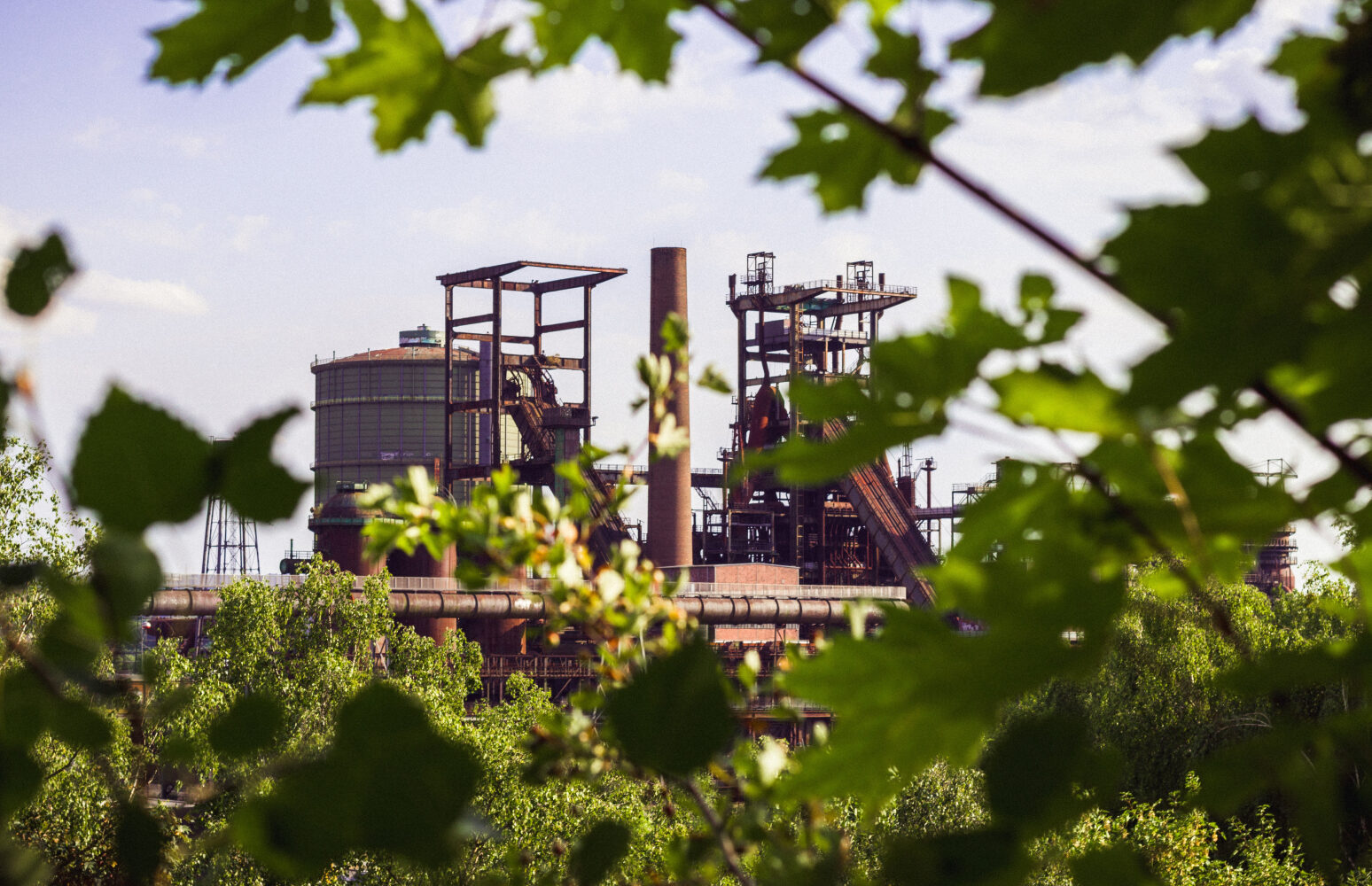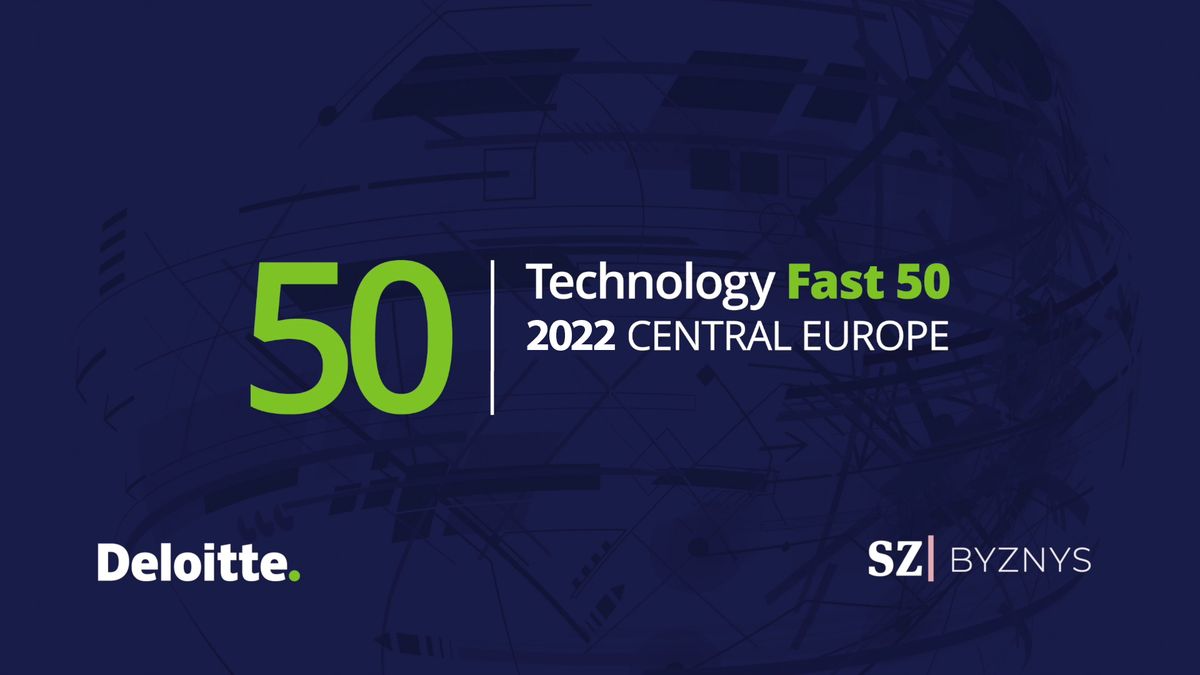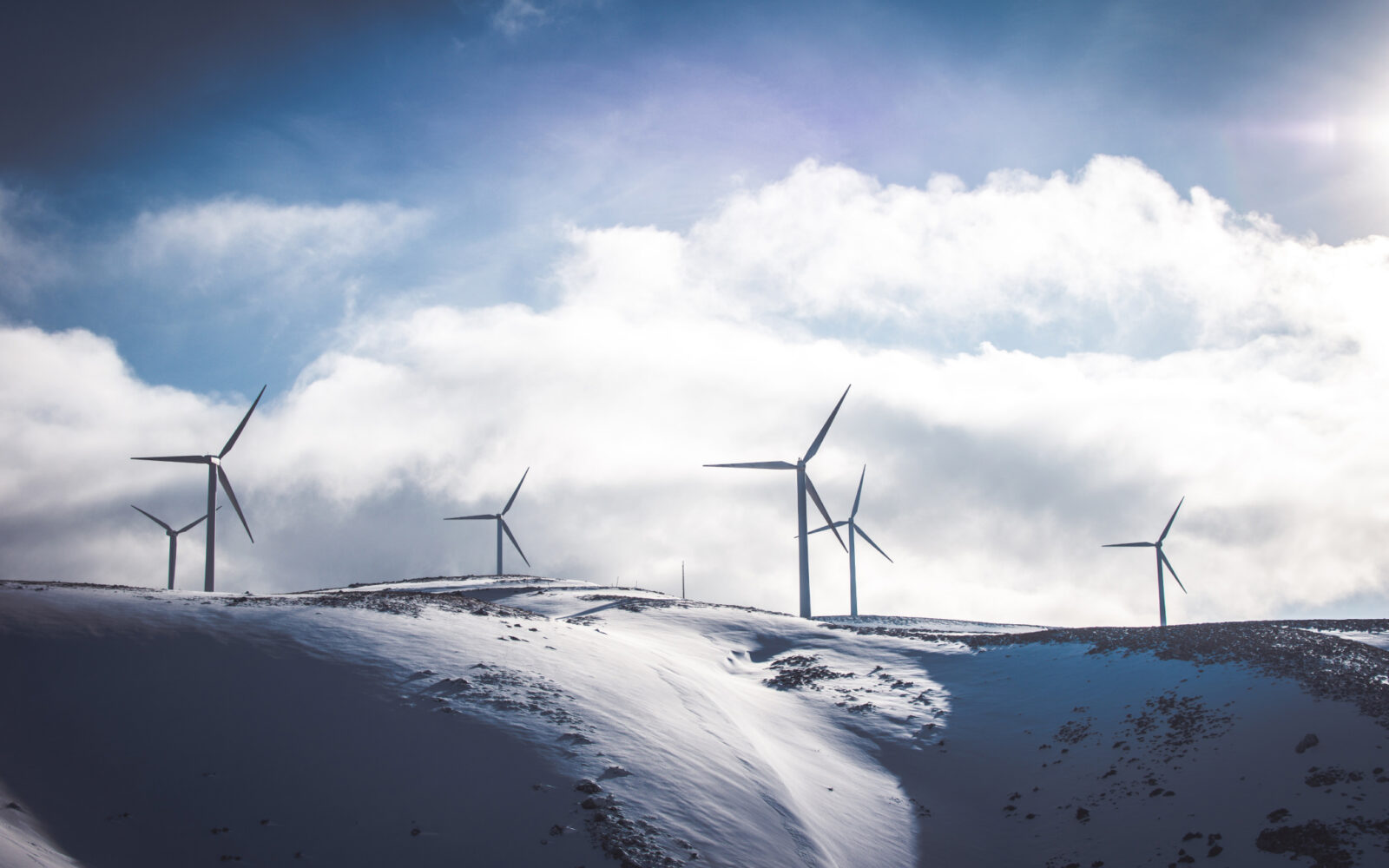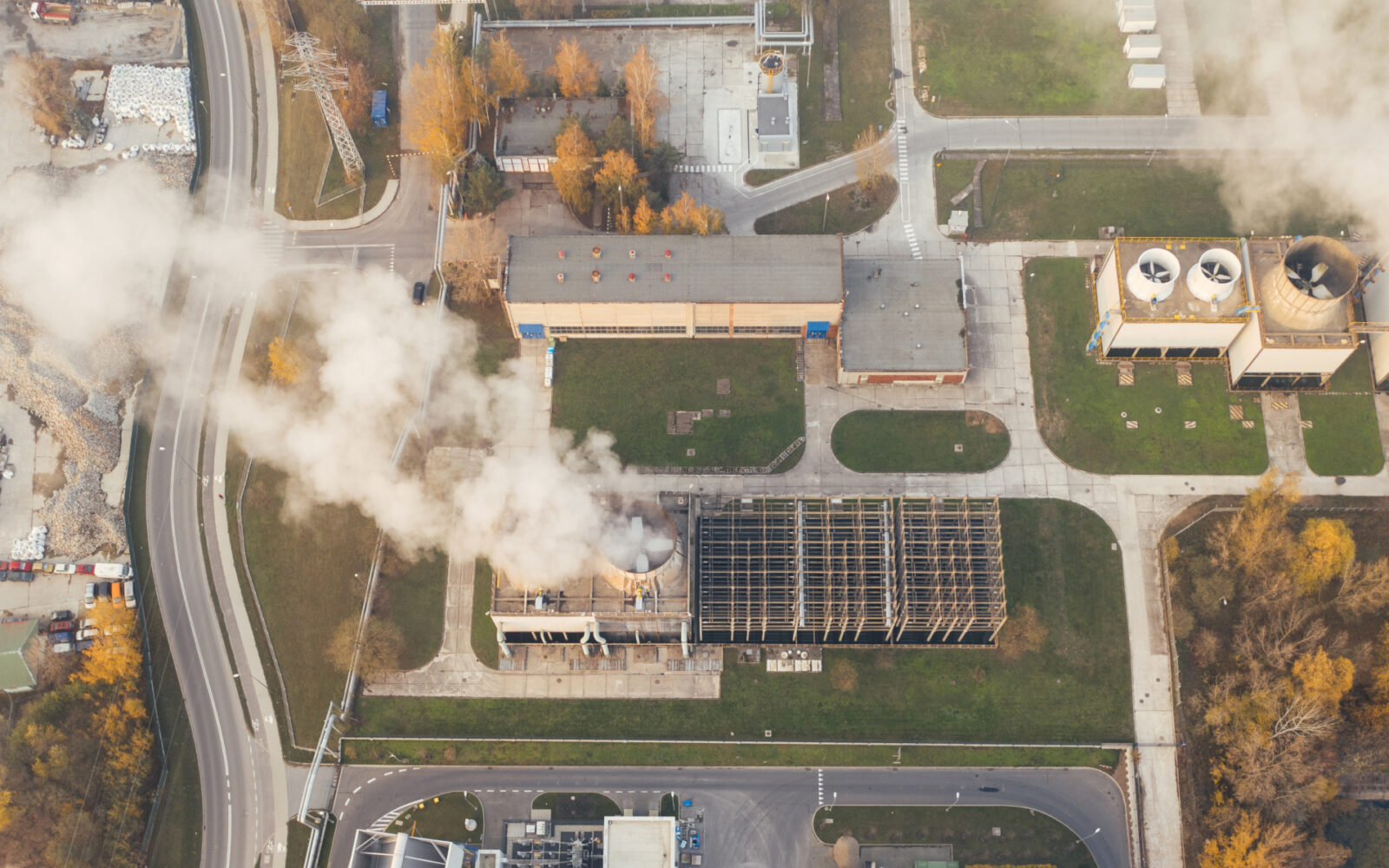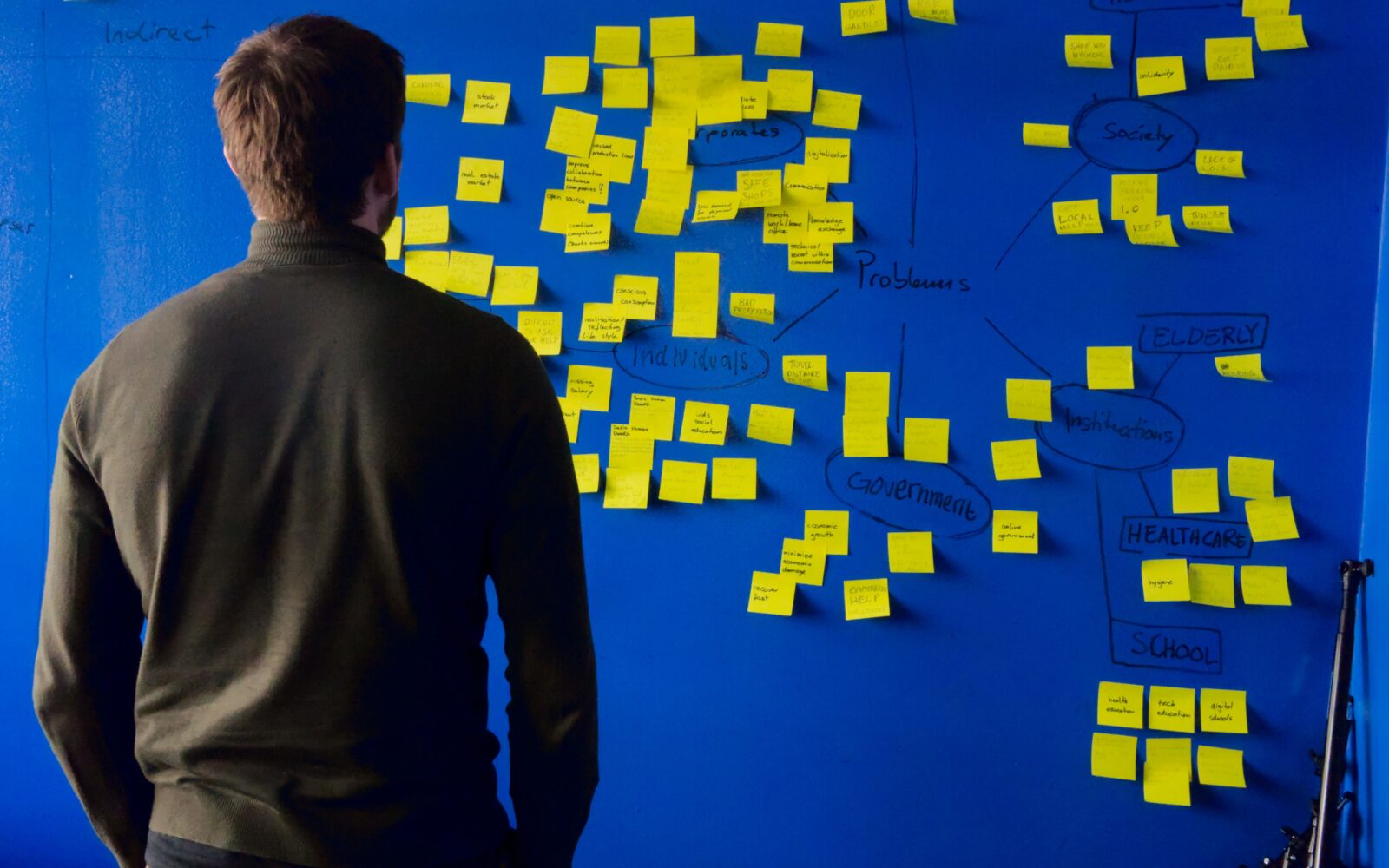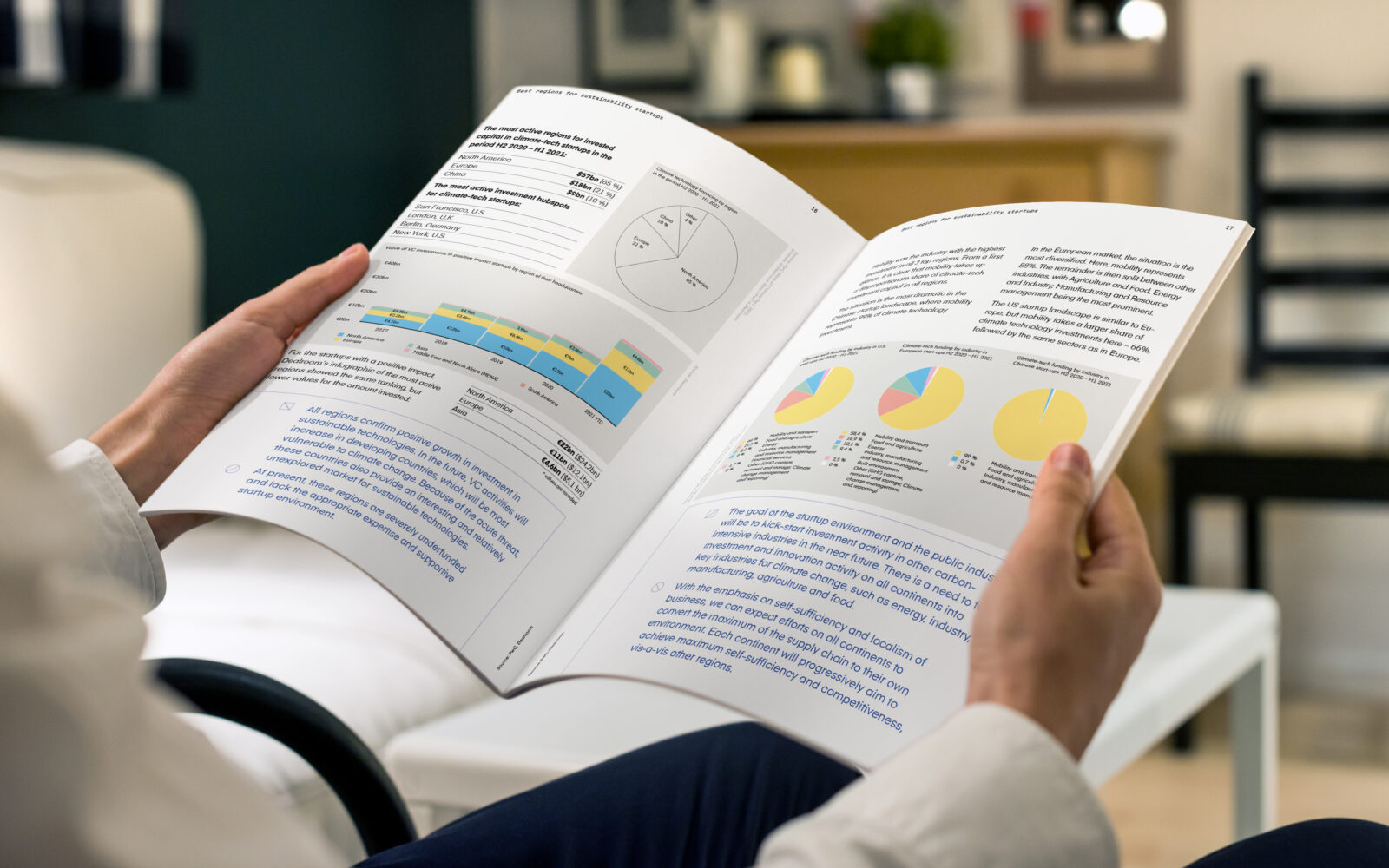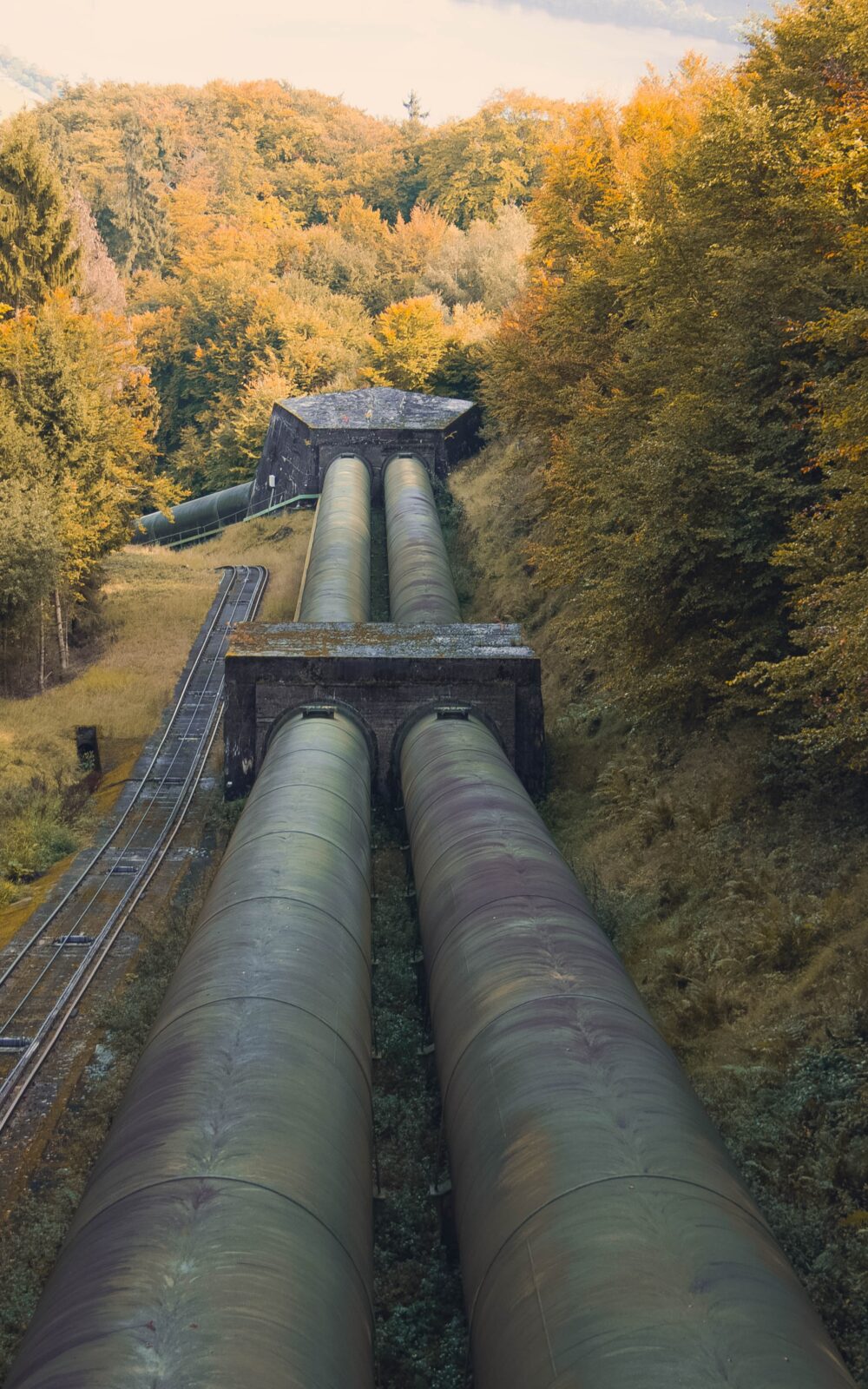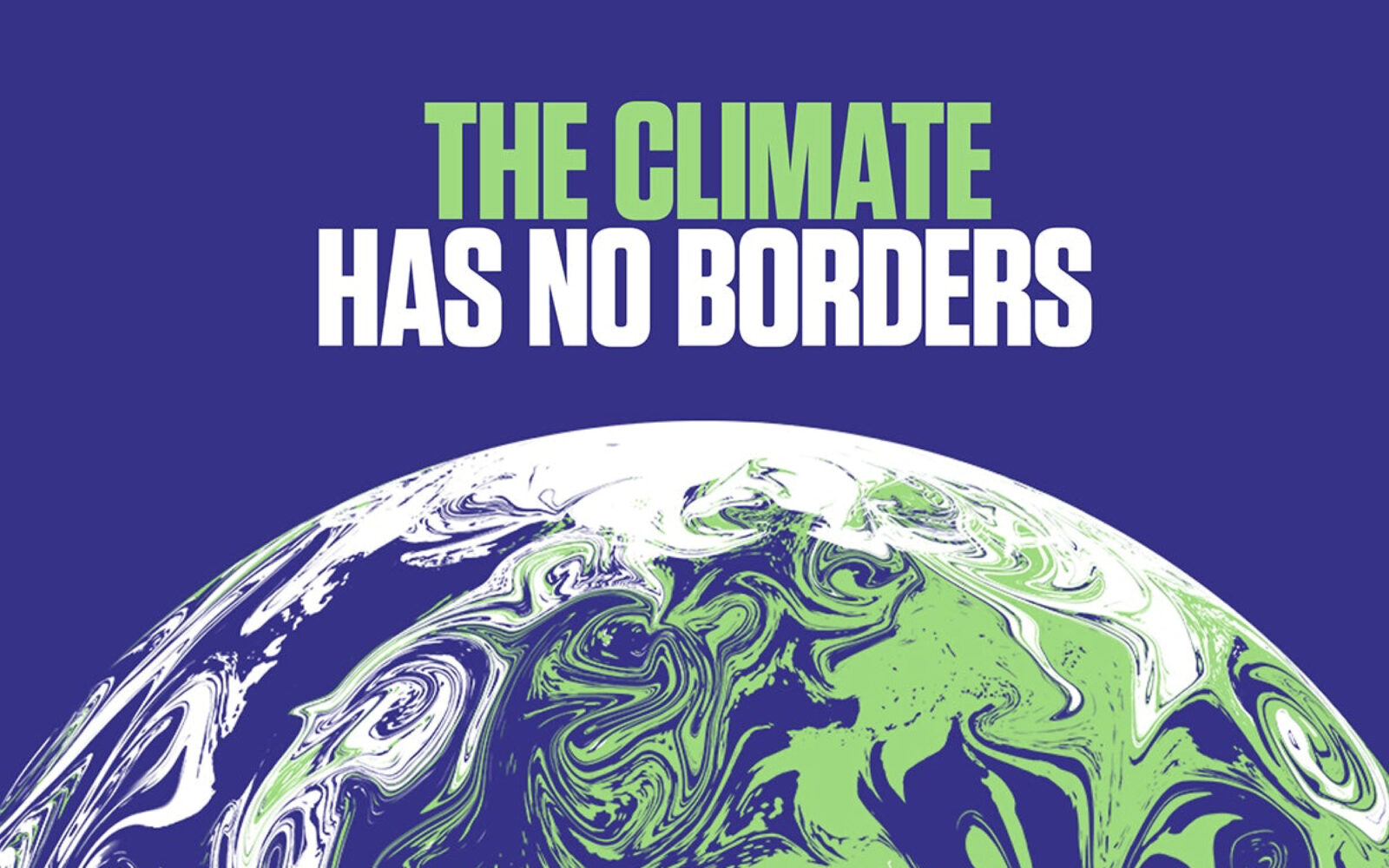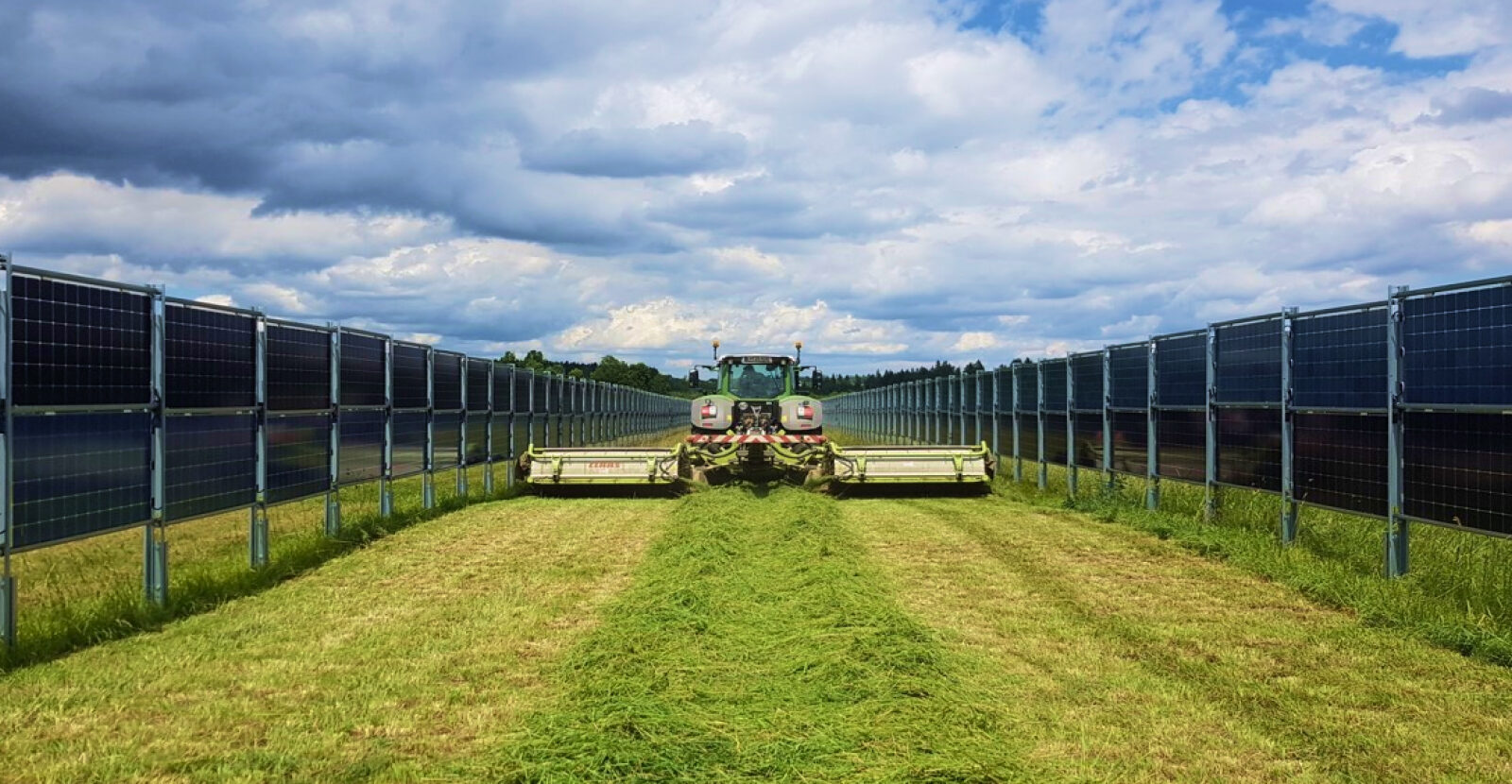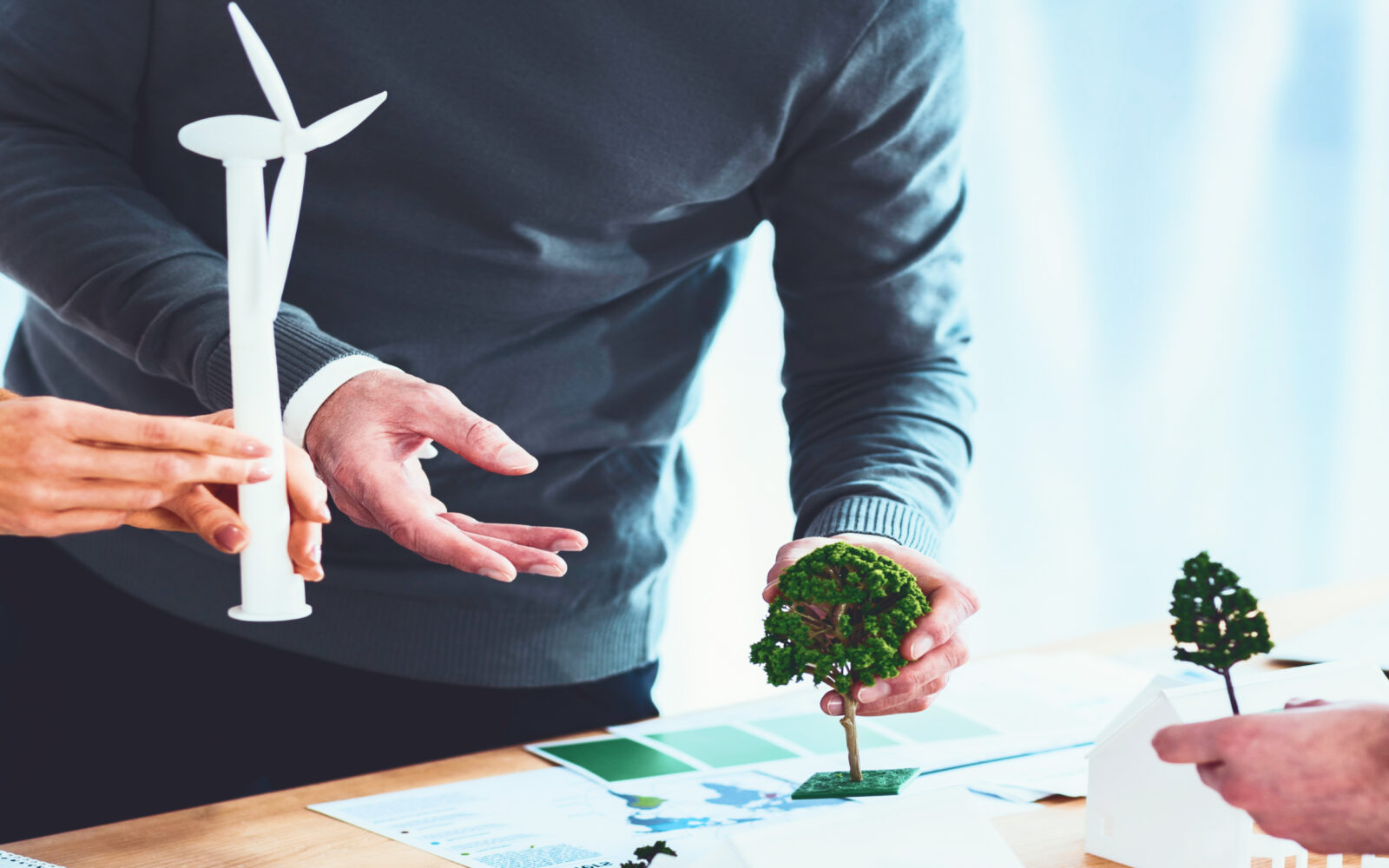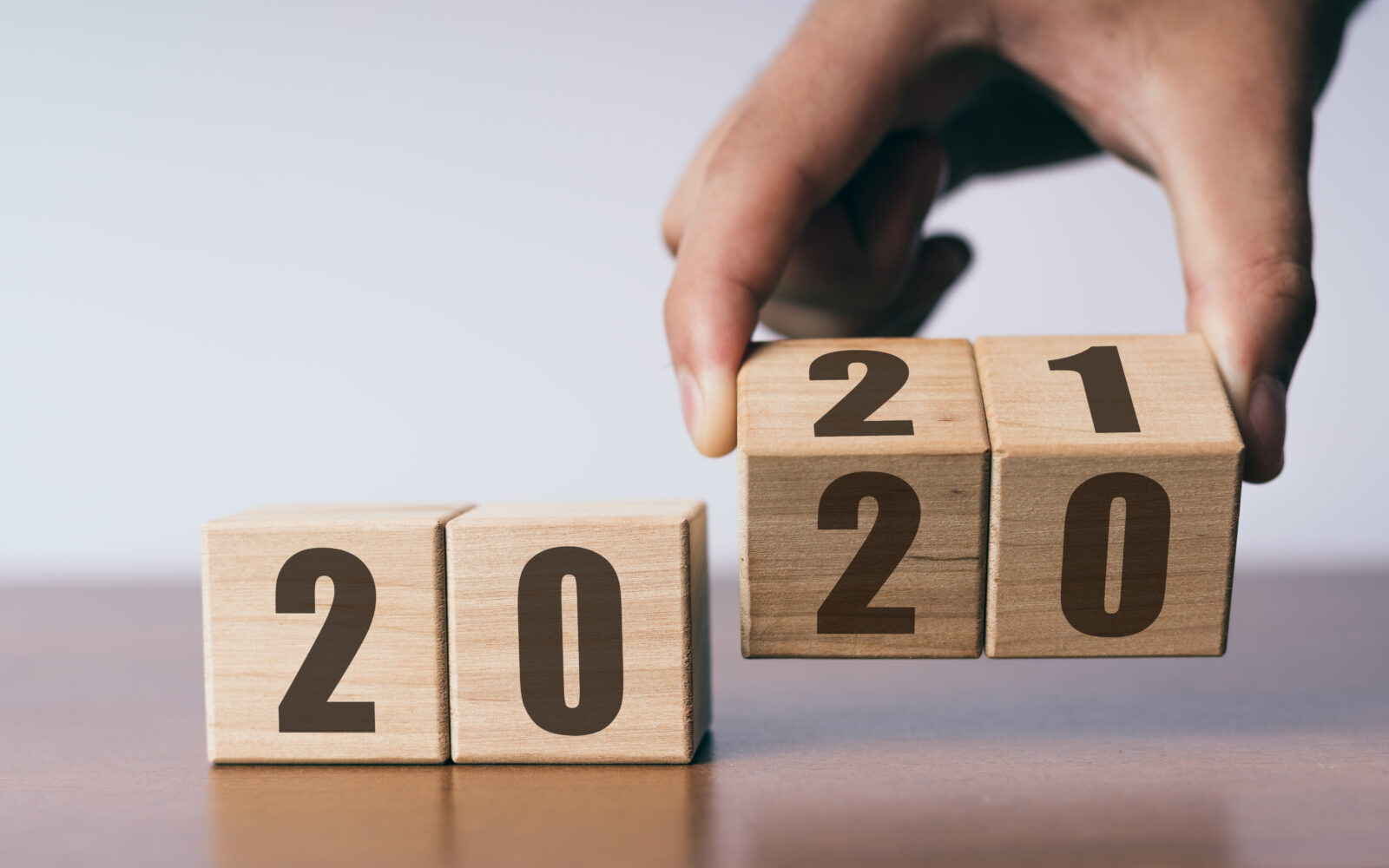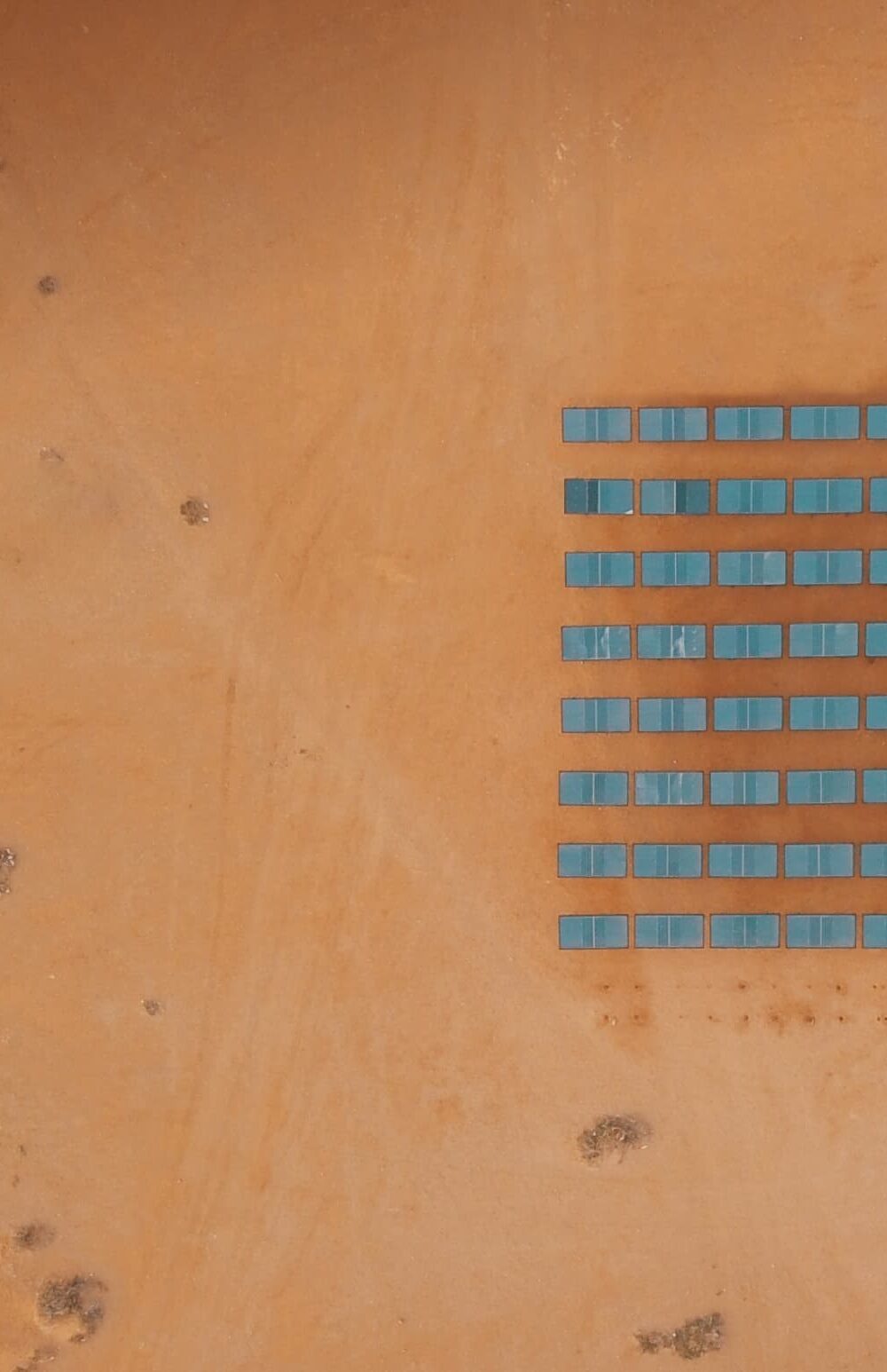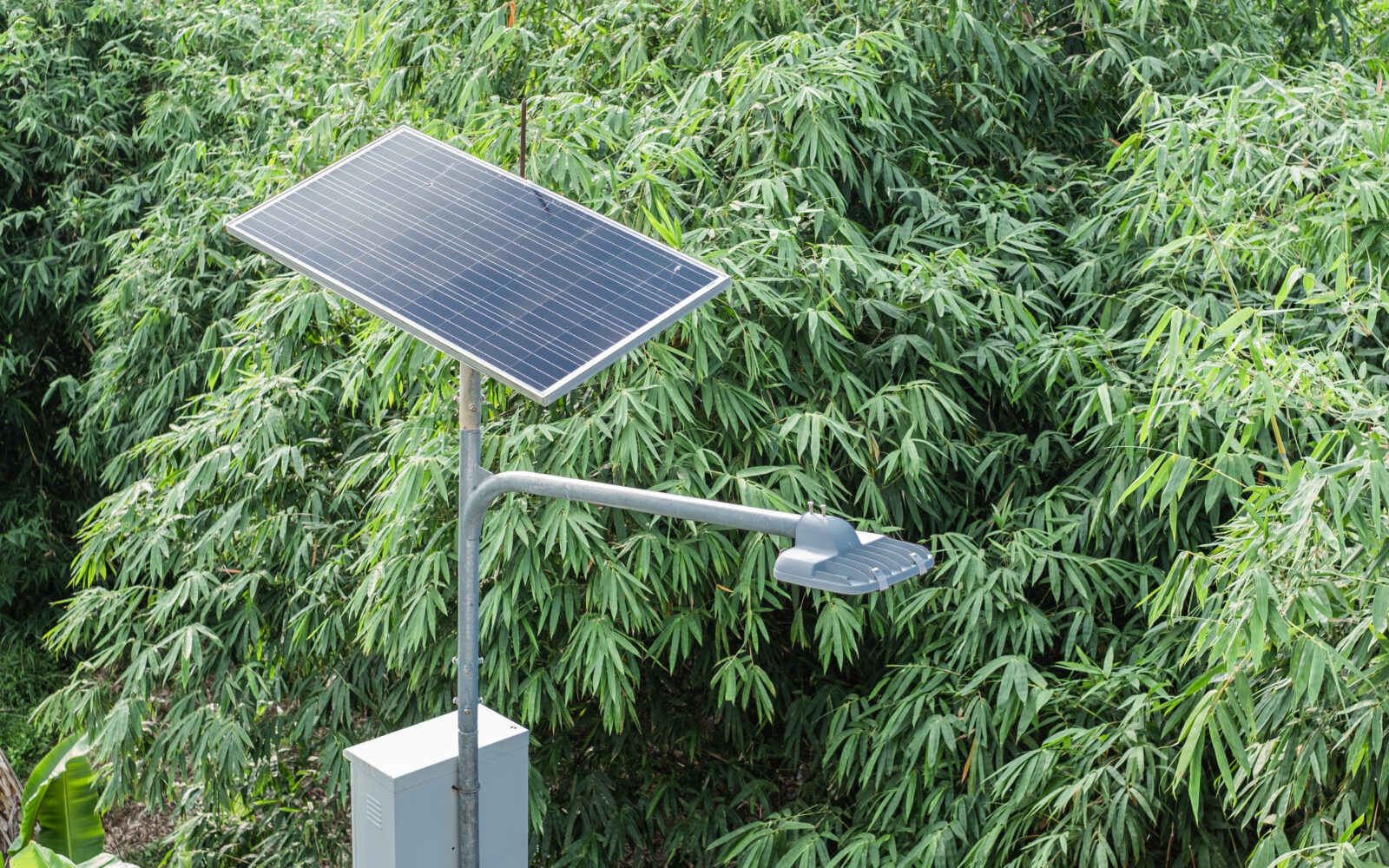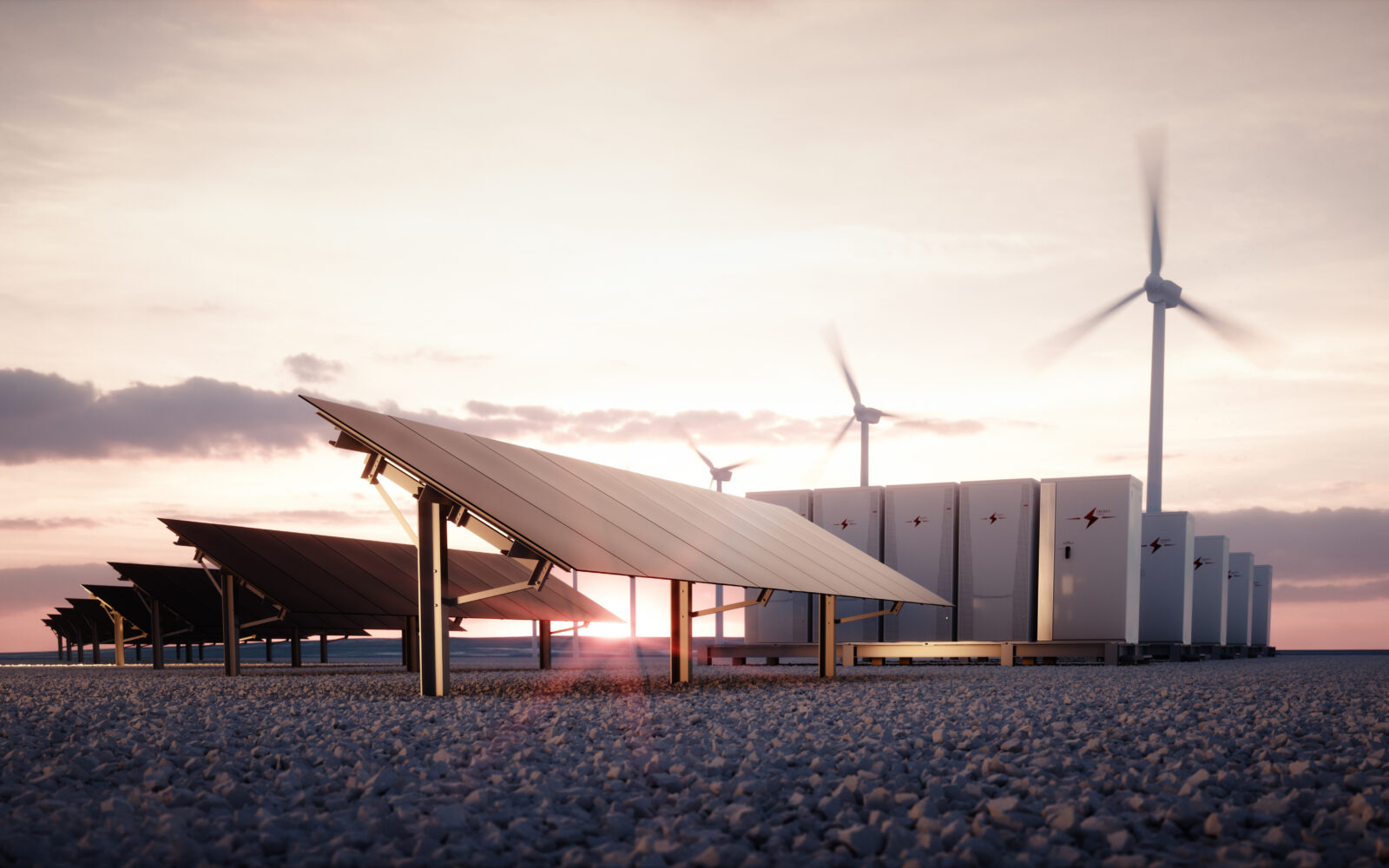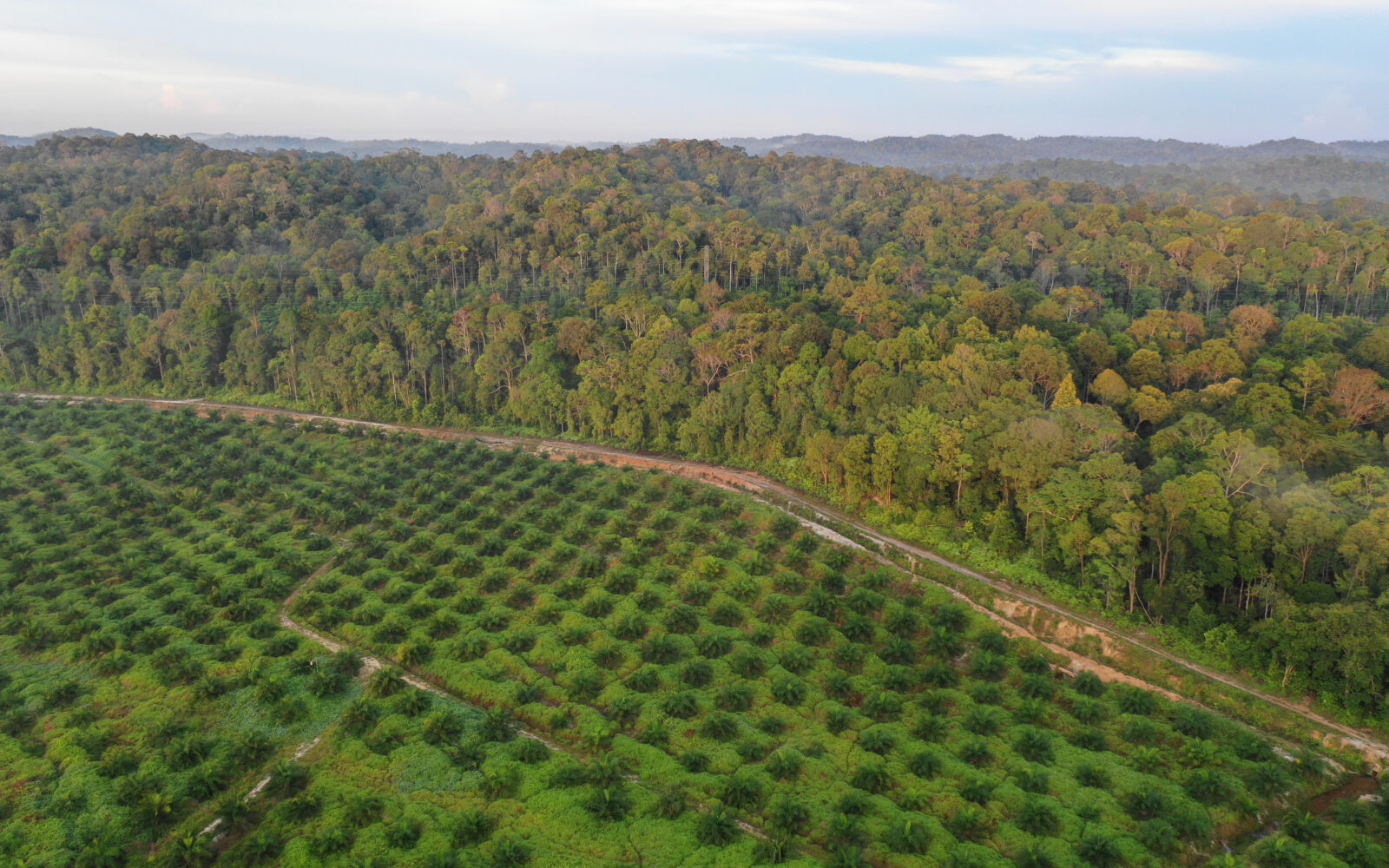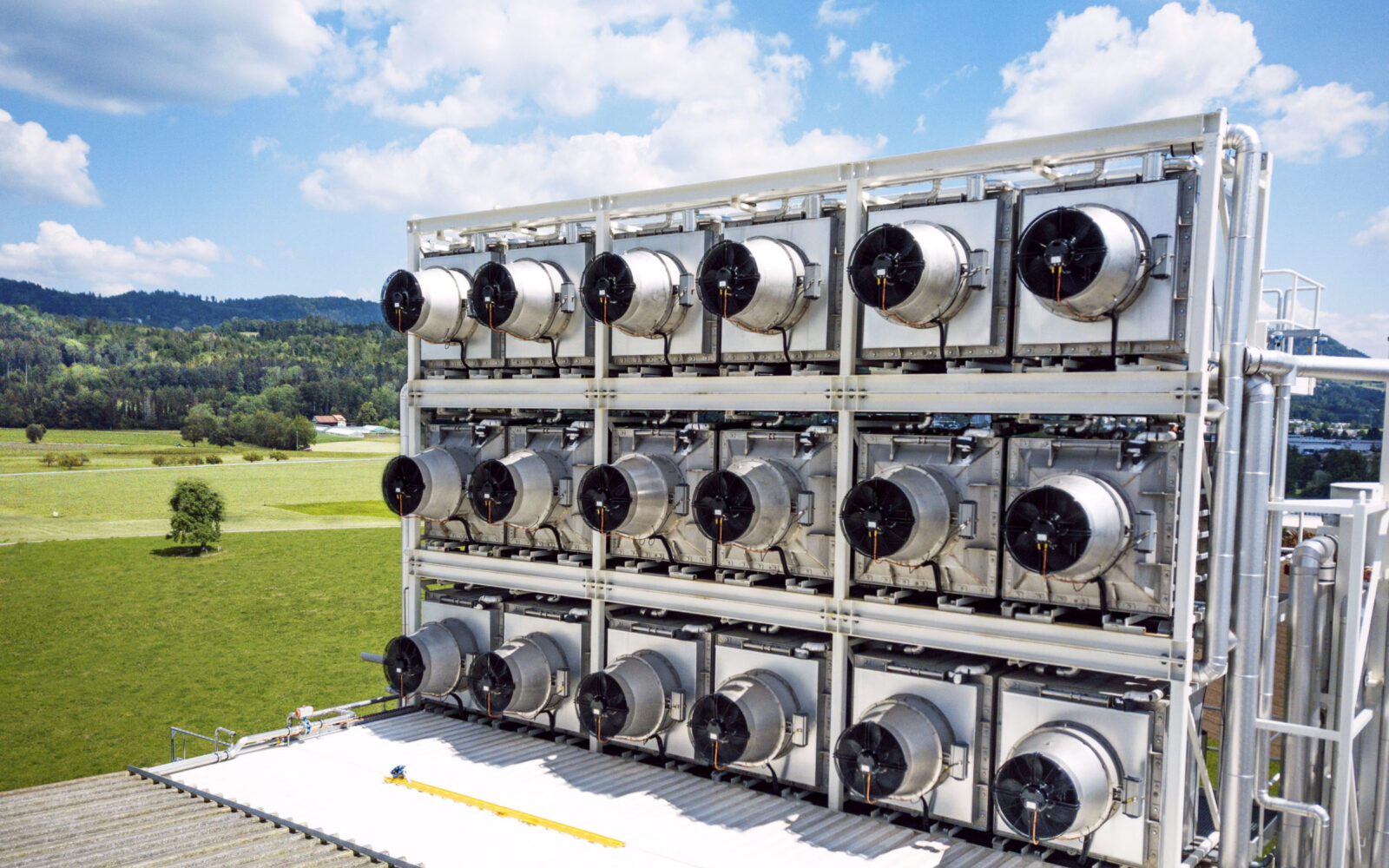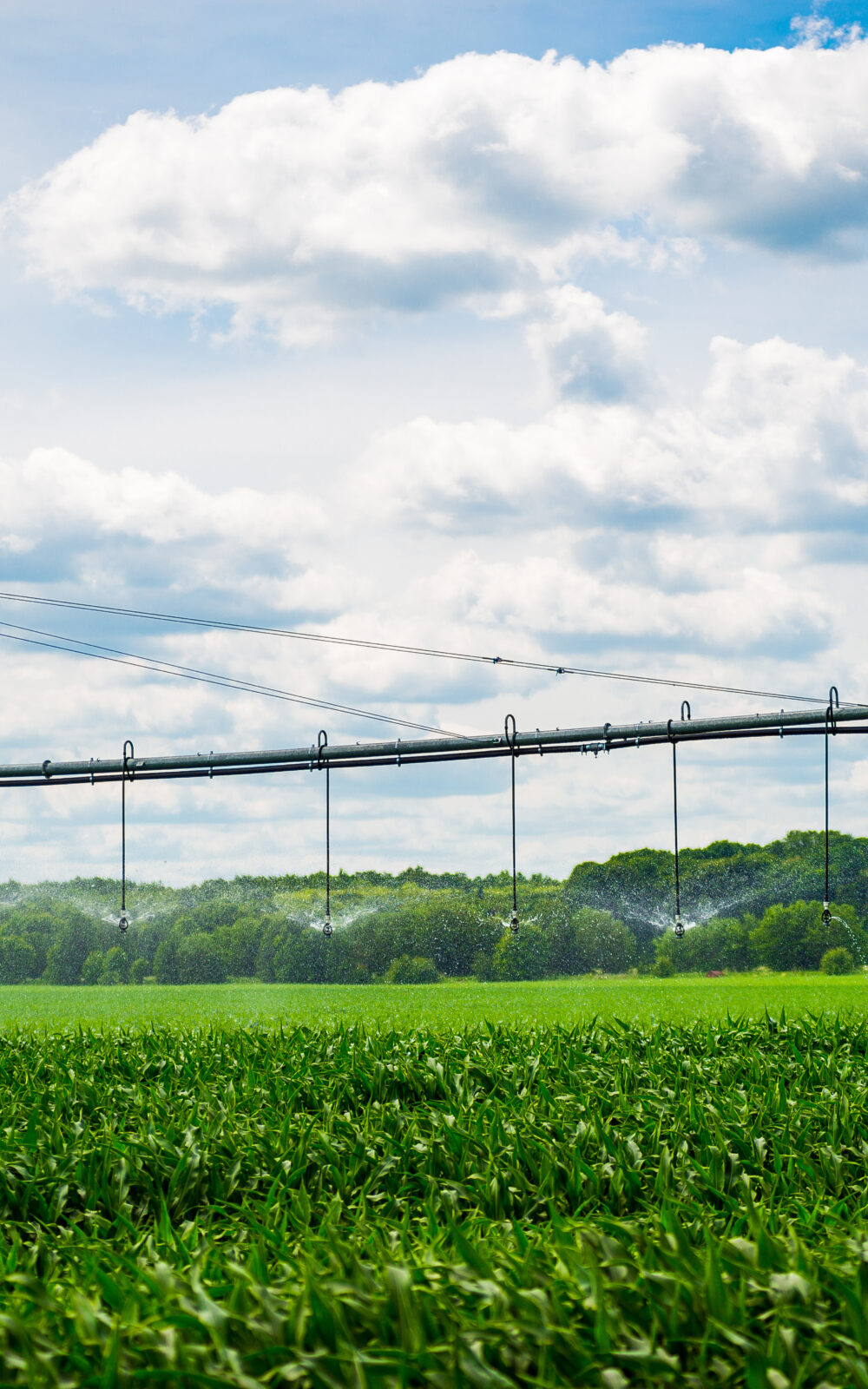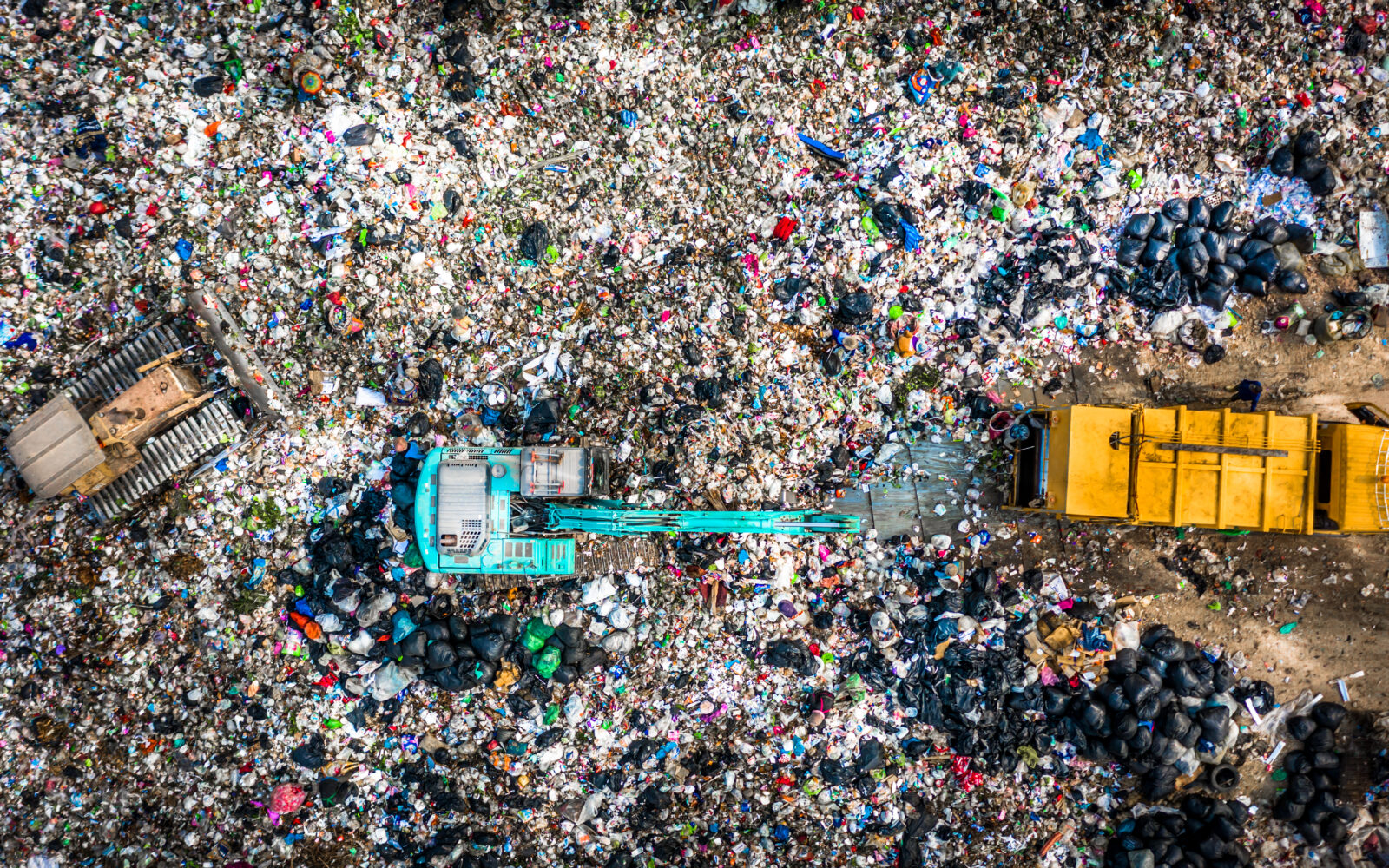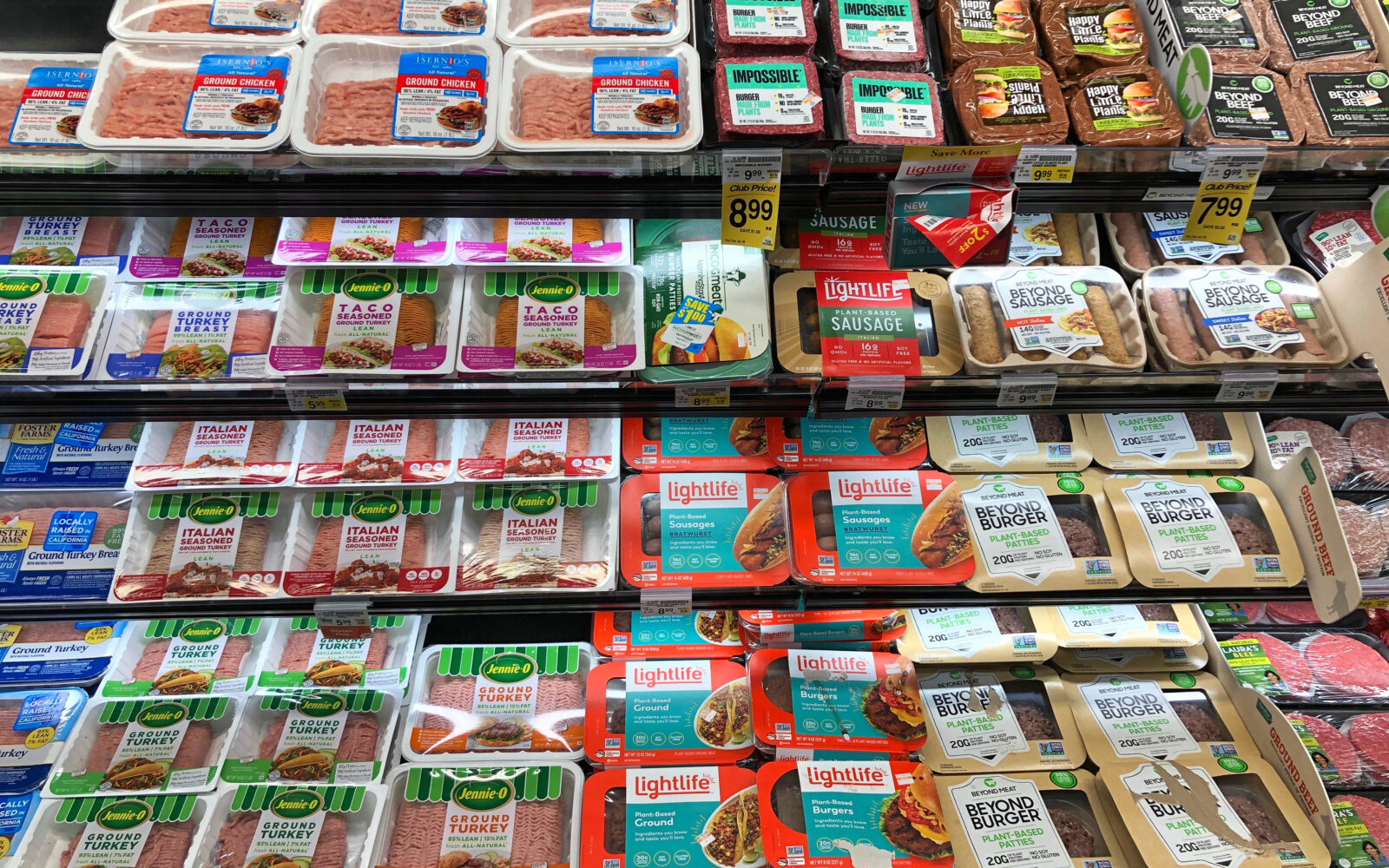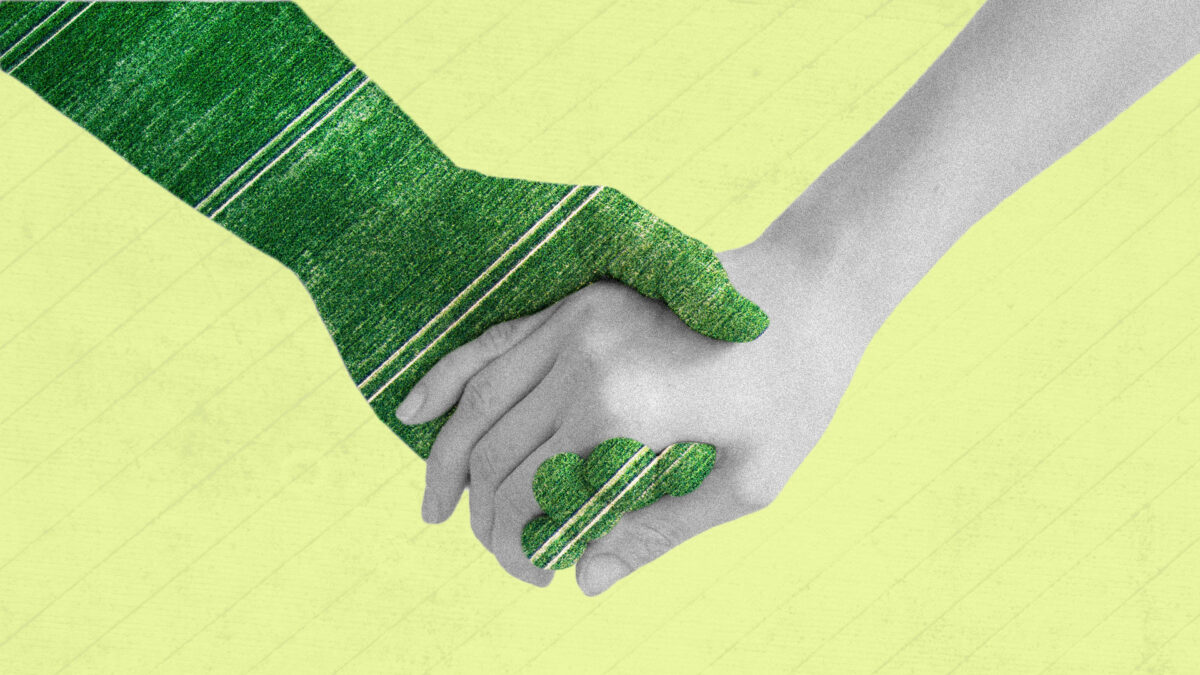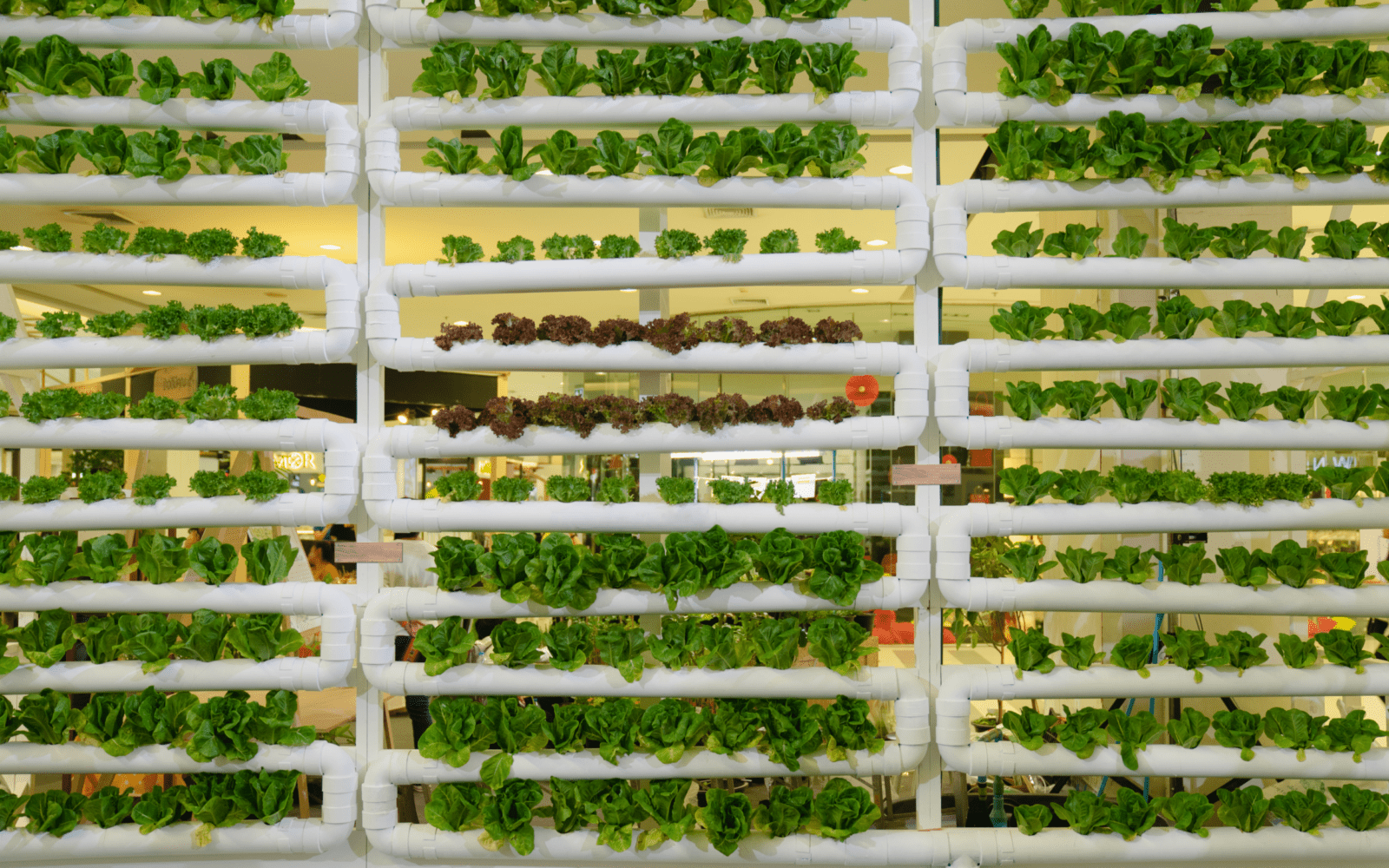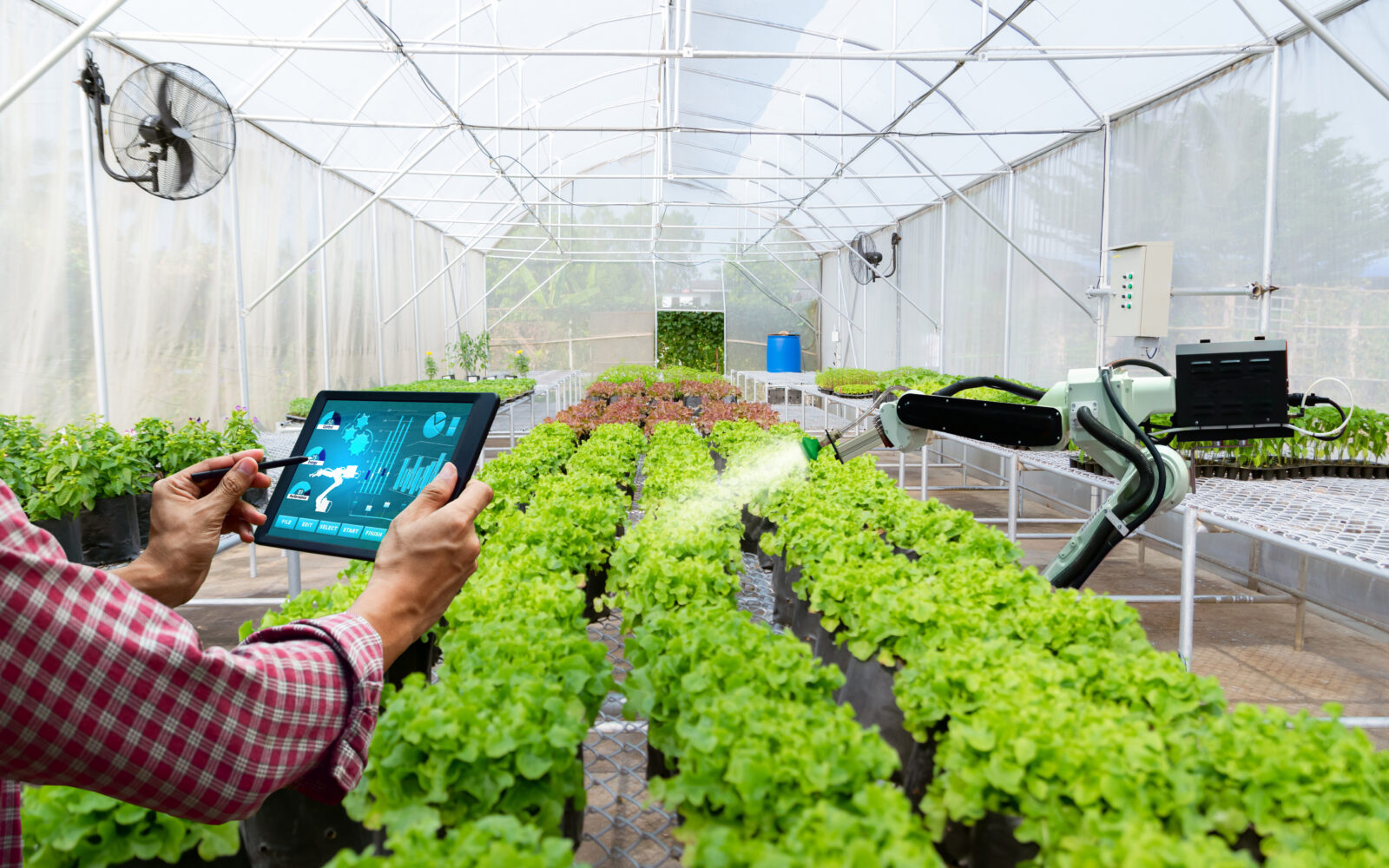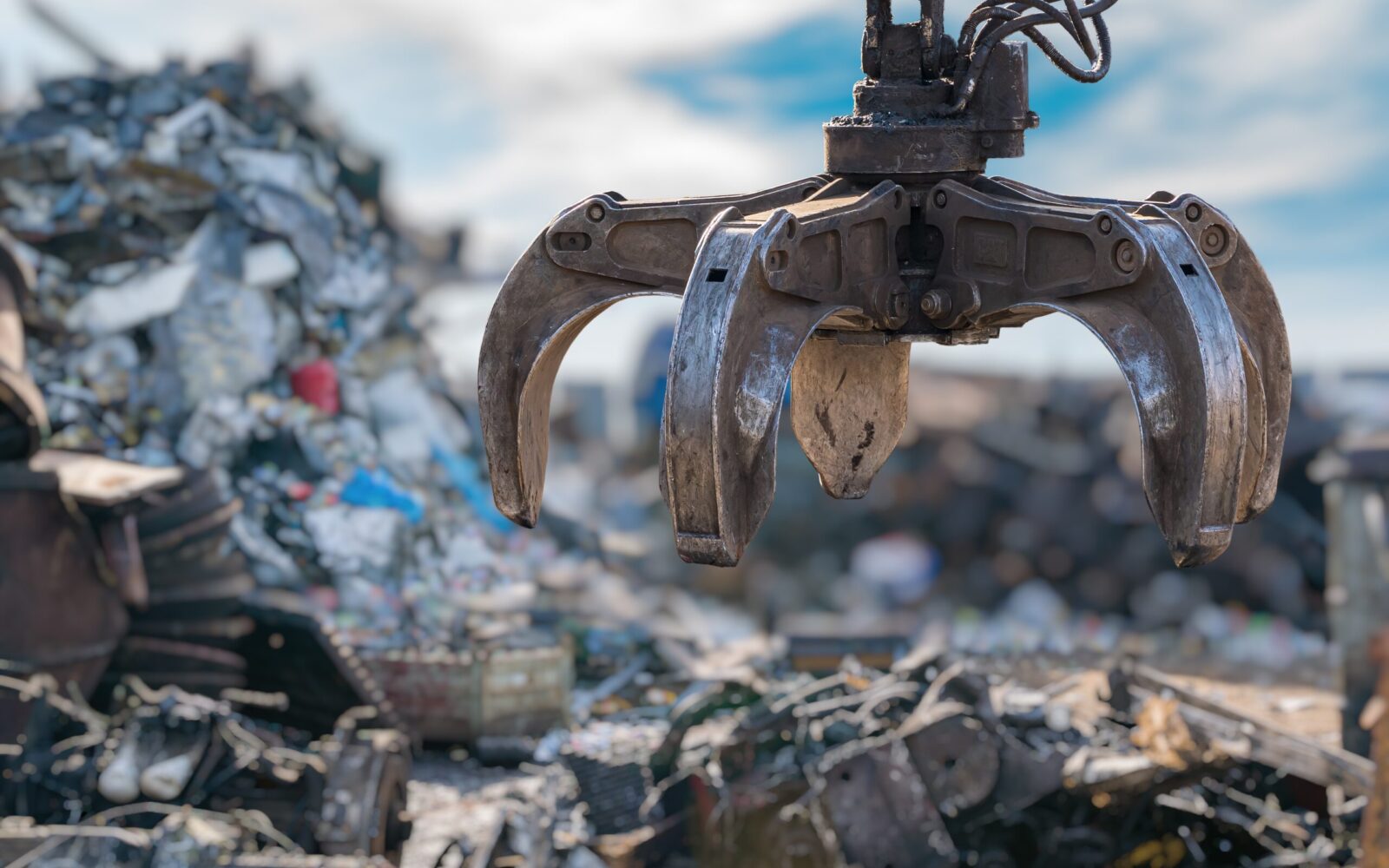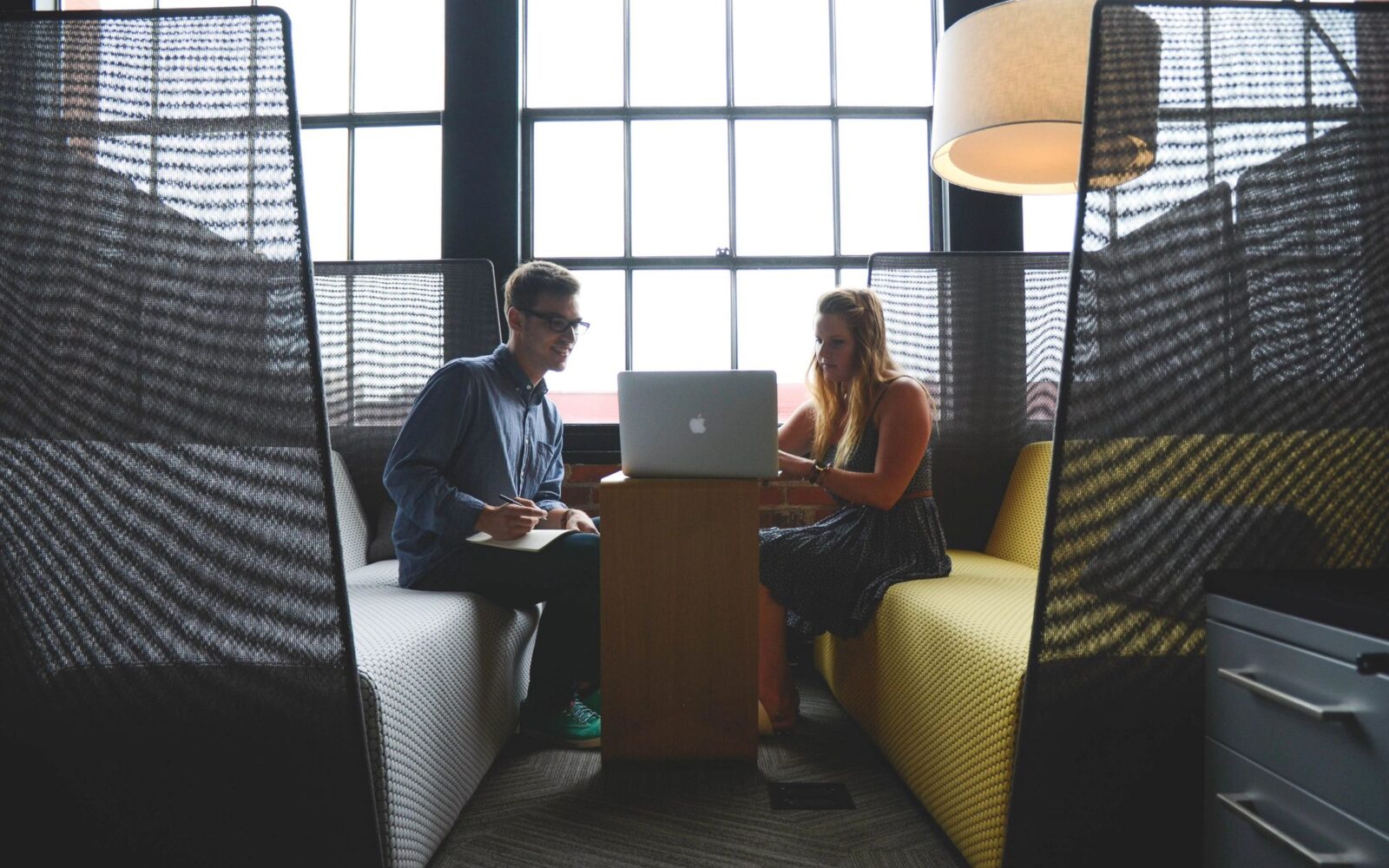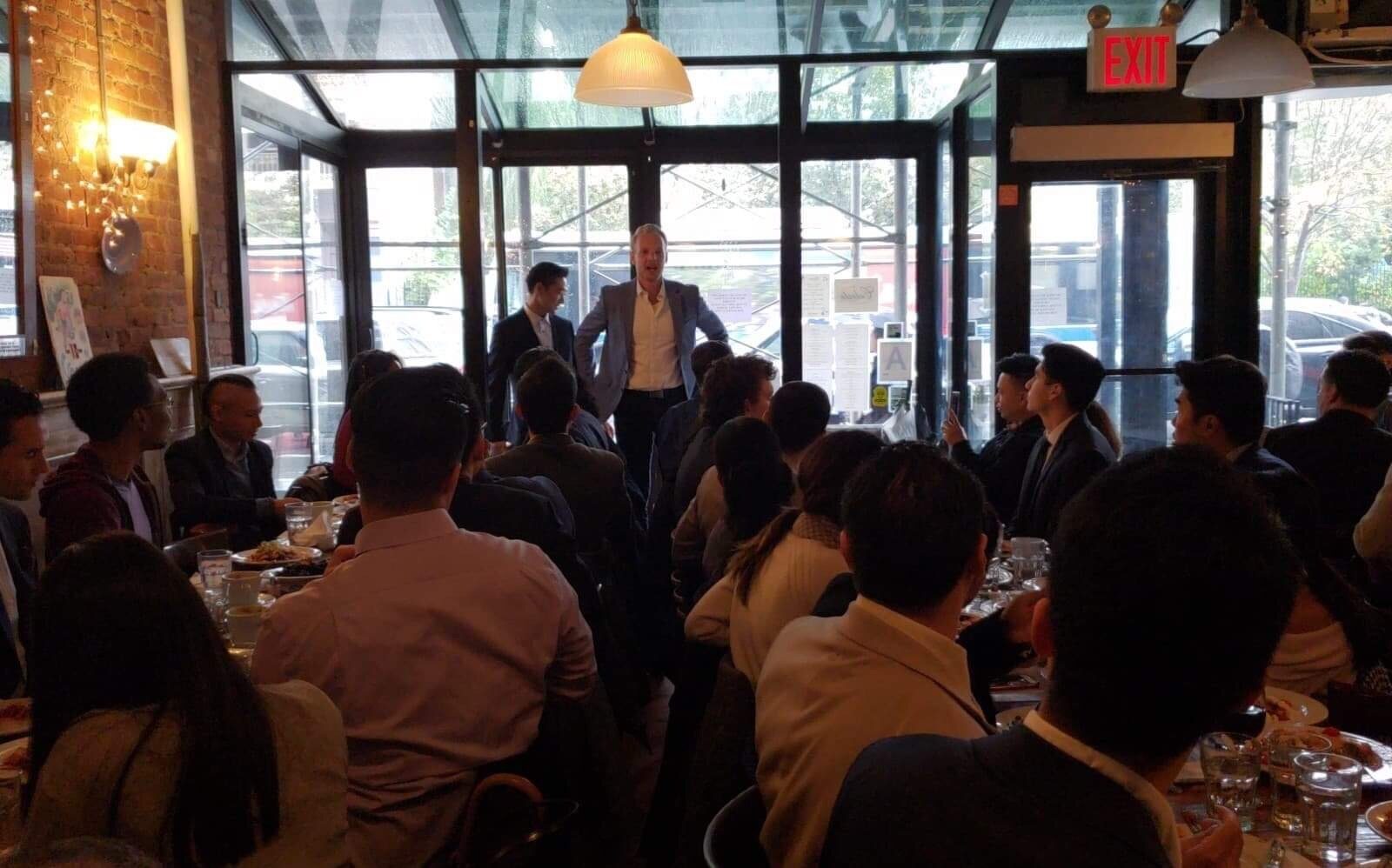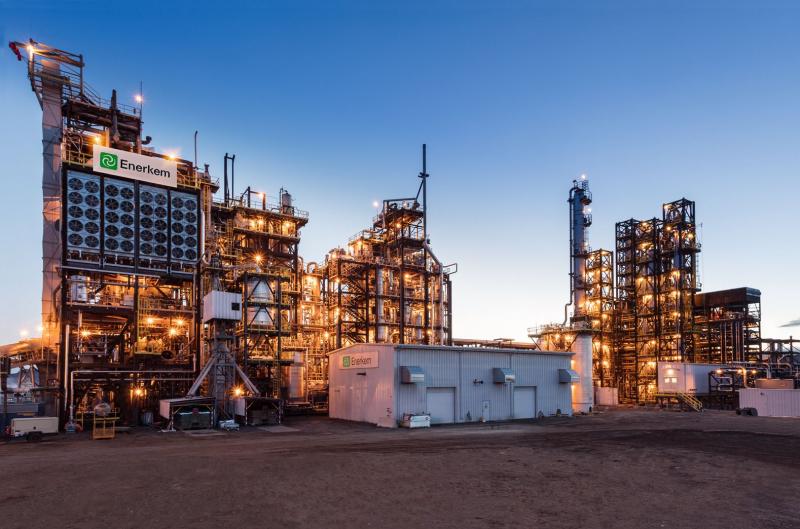The circular economy is a loop concept of waste being reused as an input for future business operations. By applying the “reuse, reduce, repair, refuse and recycle” philosophy, companies can drastically reduce their carbon footprint and resource consumption.
The five R’s of the circular economy
Reuse. Find the value of things. Consider your actions and follow the consequences. Rather than throwing something away, try to find another purpose for it. Or maybe try to find someone else who will see the purpose of the thing.
Reduce. Practice self-control. Do you really need to buy that product? Sometimes it’s good to take a broader view and think twice. From growing your own food to taking your bike instead of your car to work, the options are limitless.
Repair. Fix it instead of throwing it away. Sometimes the repair process is too expensive, complicated or even impossible. Often it’s because the product is designed that way. But it is the design that determines the functionality of an object. Product design is the key to a circular economy.
Refuse. Your actions have an impact. The choices we make show what values we adhere to. By choosing the right values we can help bring about a global shift. Every item has an environmental cost, so think minimalistic.
Recycle. Give things another life. Recycling is changing the game of circular economy as it is crucial for the resources loop. Millions will be invested in finding the right technologies to recycle any kind of product and use waste as a commodity.
Business opportunities
These are the best benefits that the circular economy can bring:
● Protect our natural resources – including scarce ones. Waste doesn’t have to be destroyed, so there is a reduction in pollution. While the recycling process also has an environmental cost, it is minimal compared to business as usual.
● Save costs for start-ups and businesses. Money doesn’t have to be spent on buying resources or on getting rid of waste. The circular economy helps avoid fines for negative environmental impact.
● New business opportunities can emerge from the circular economy. You can sell the waste you produce to someone who needs it and create another income stream. Brands can expand their services or product portfolios with new technologies and increase sales.
● New markets for start-ups and investors. There will be a need for new innovations and solutions and big companies are ready to fund the development.
● New job positions will be created. The circular economy could be one of the key sectors to invest in to boost organic economic growth.
“Our circular economy stream is ready to fund and build successful start-ups focused on circularity,” says Hynek Sochor, Soulmates Ventures’ Founder. “Europe could increase resource productivity by up to 3% annually thanks to the circular economy, raising GDP by around EUR 1.8 trillion. Together we can create an inclusive value-based economy.”
Resources
https://www.52climateactions.com/refuse-reduce-reuse-repair-recycle/full
https://www.mckinsey.com/business-functions/sustainability/our-insights/europes-circular-economy-opportunity
